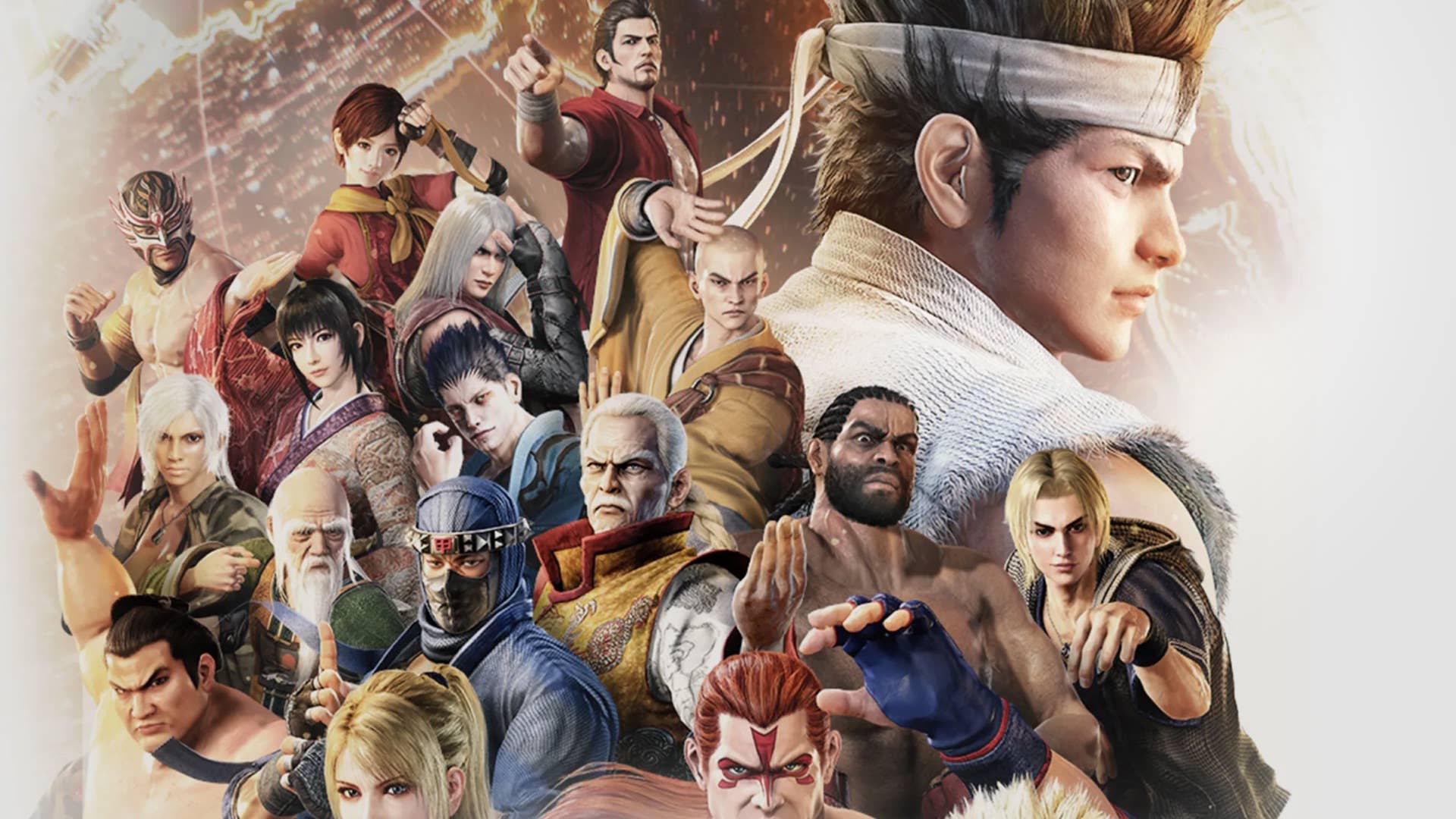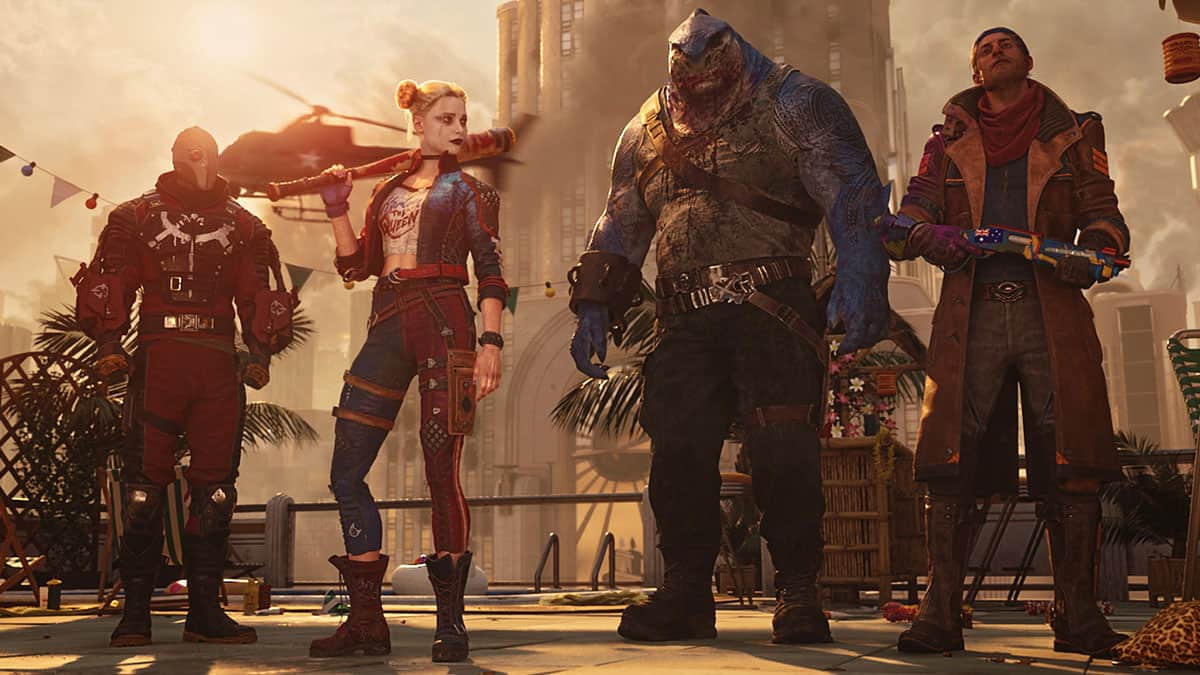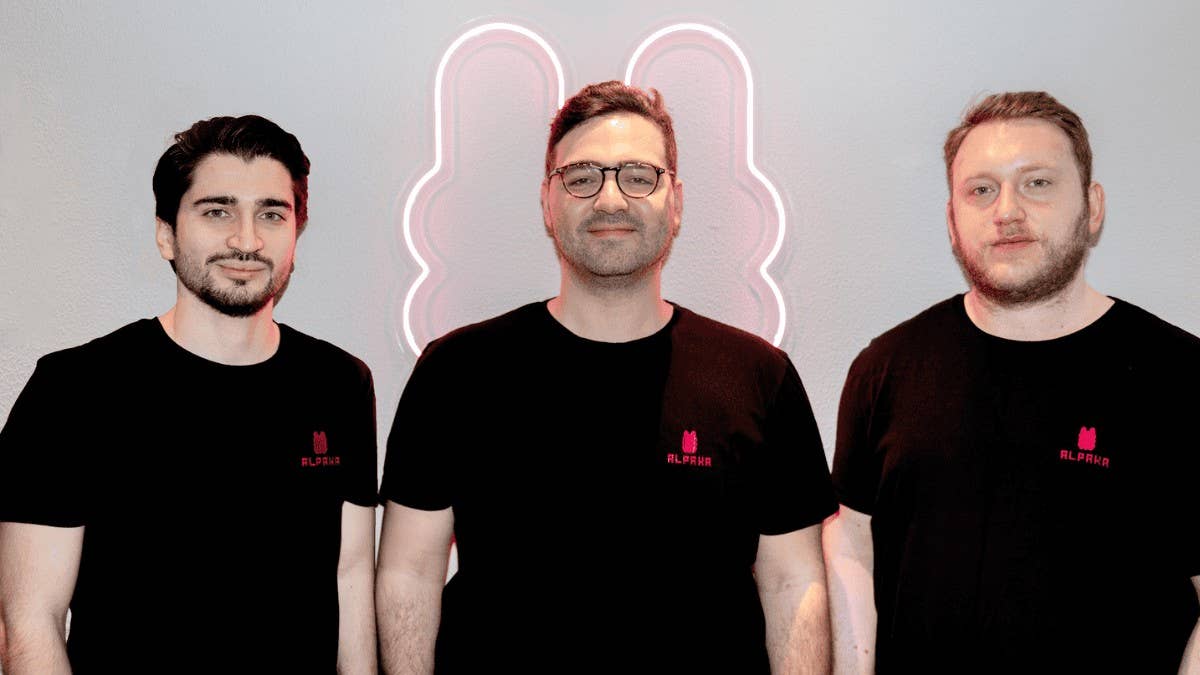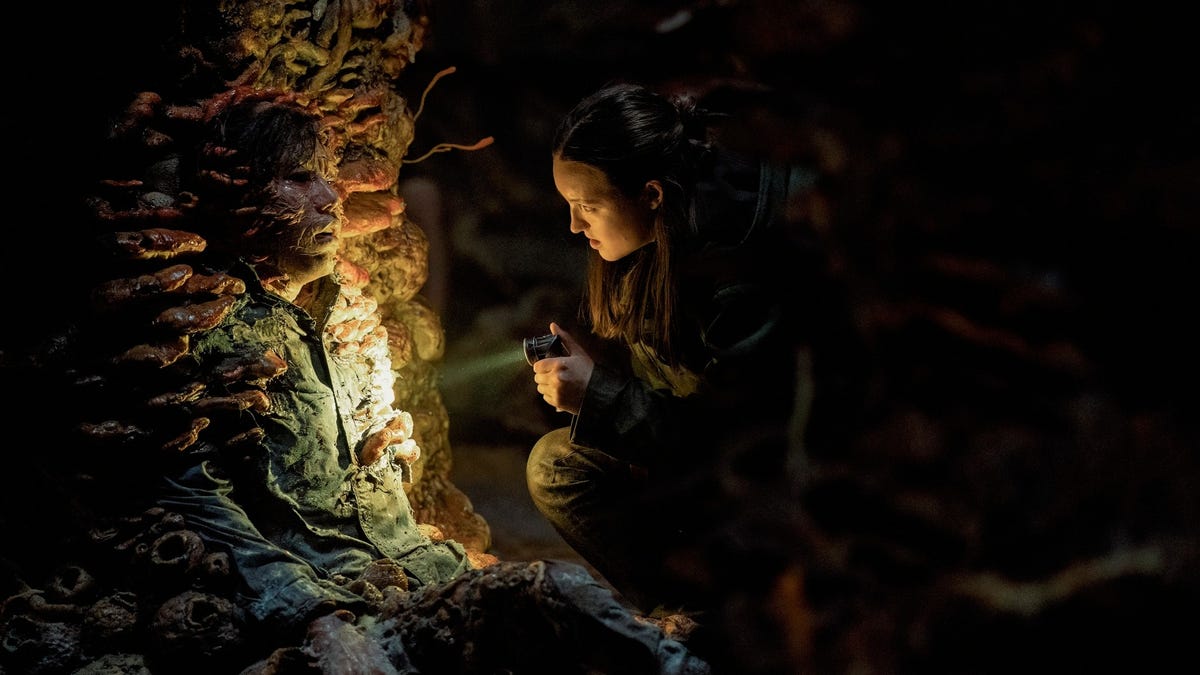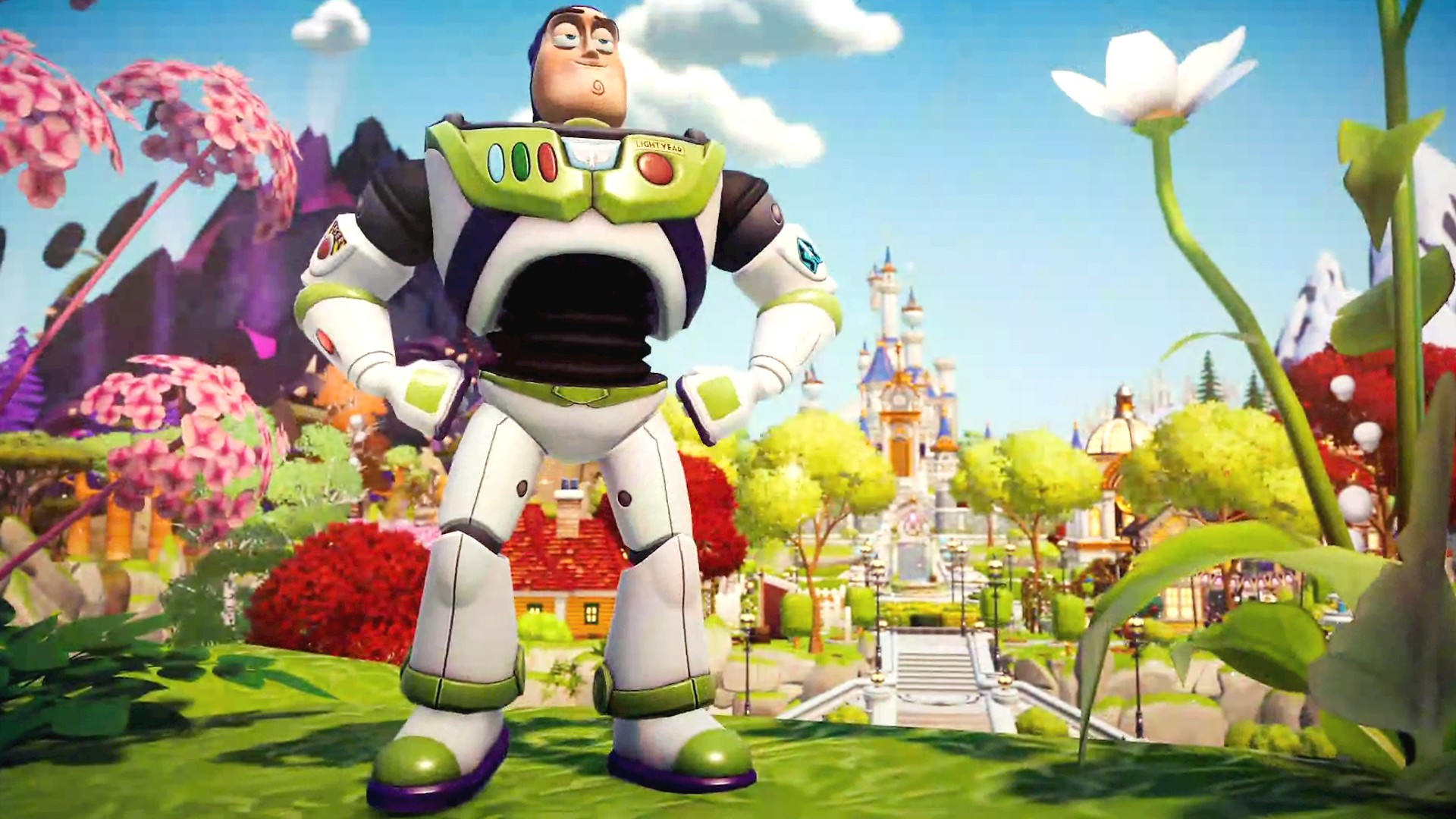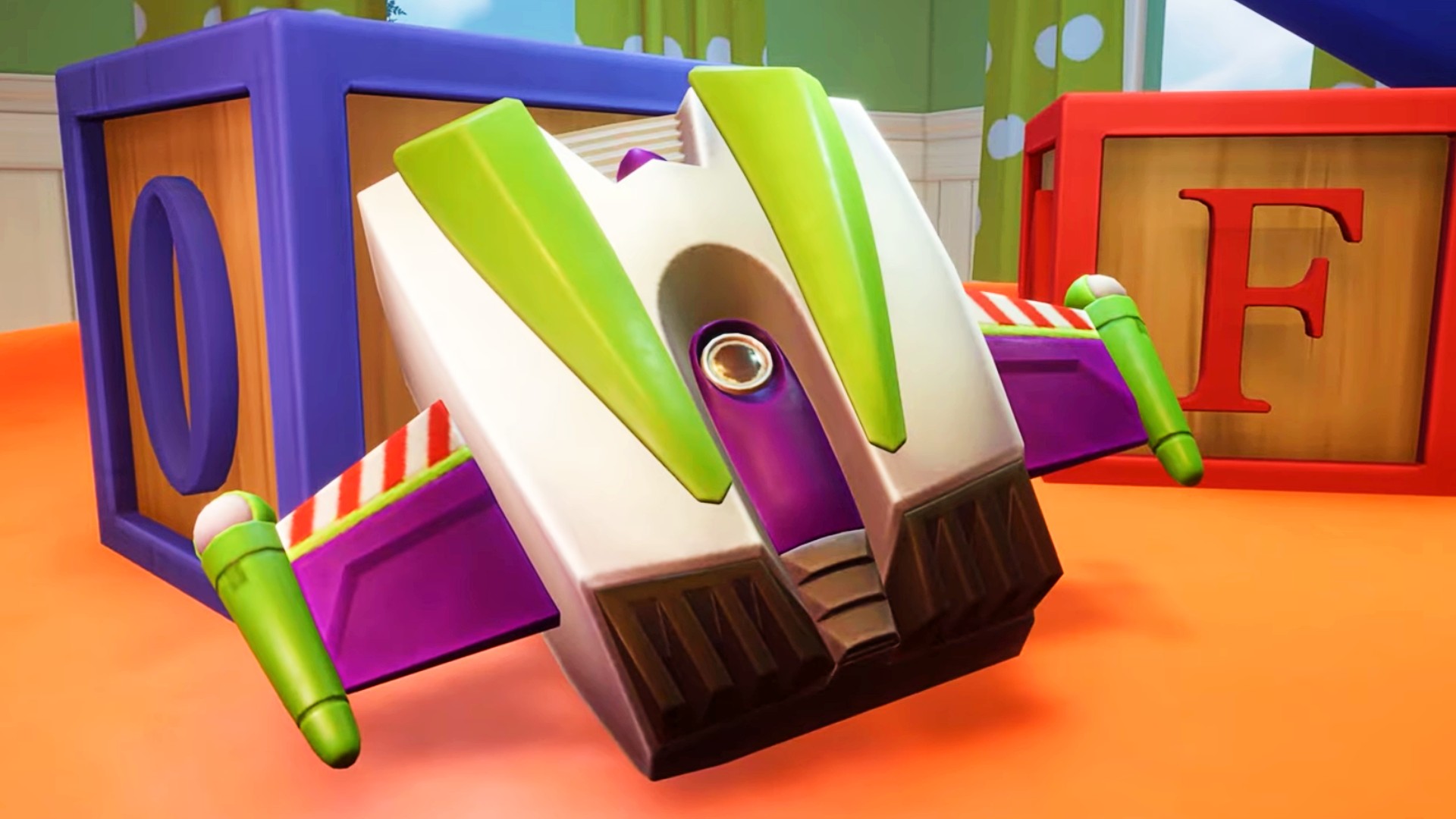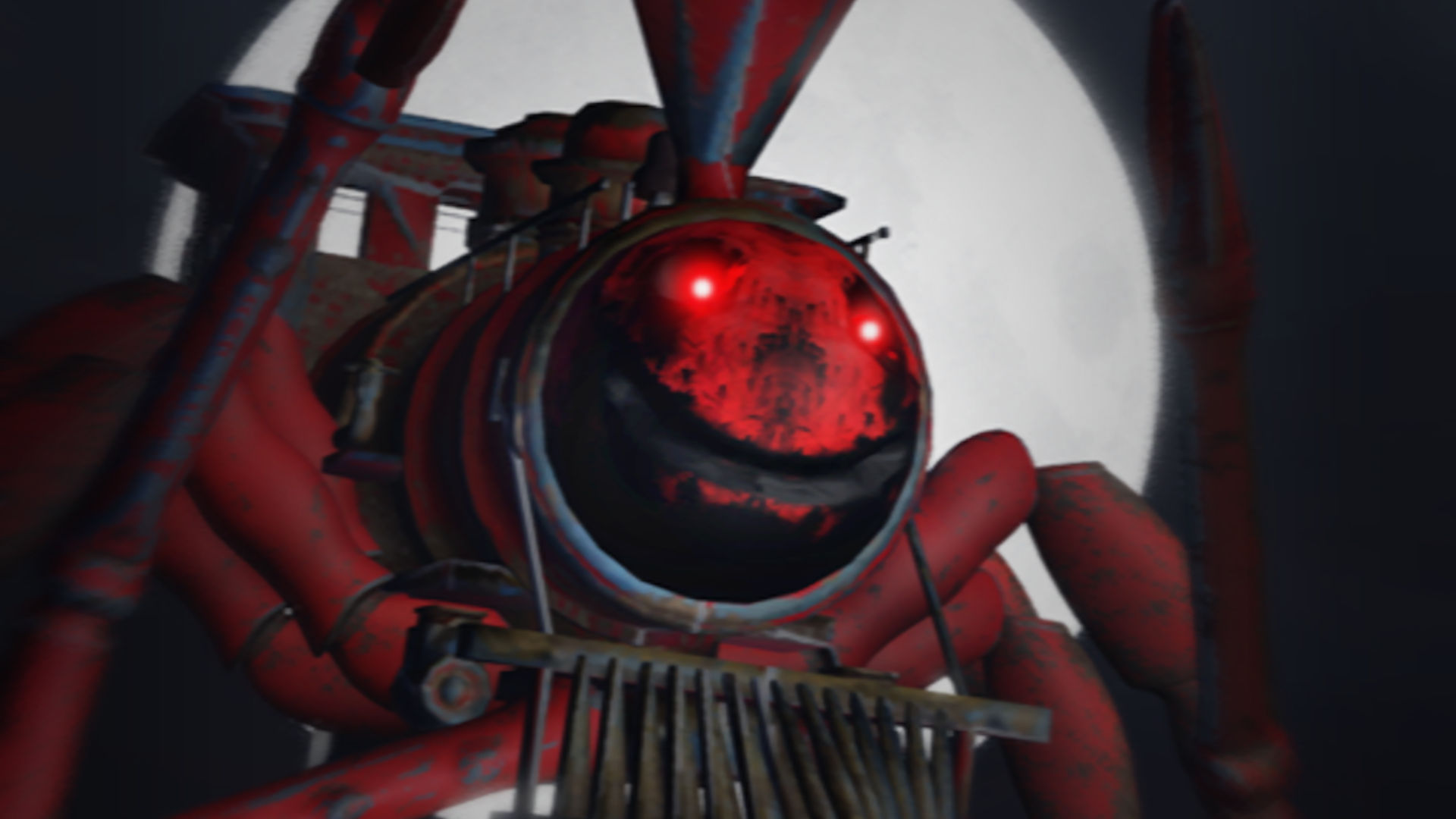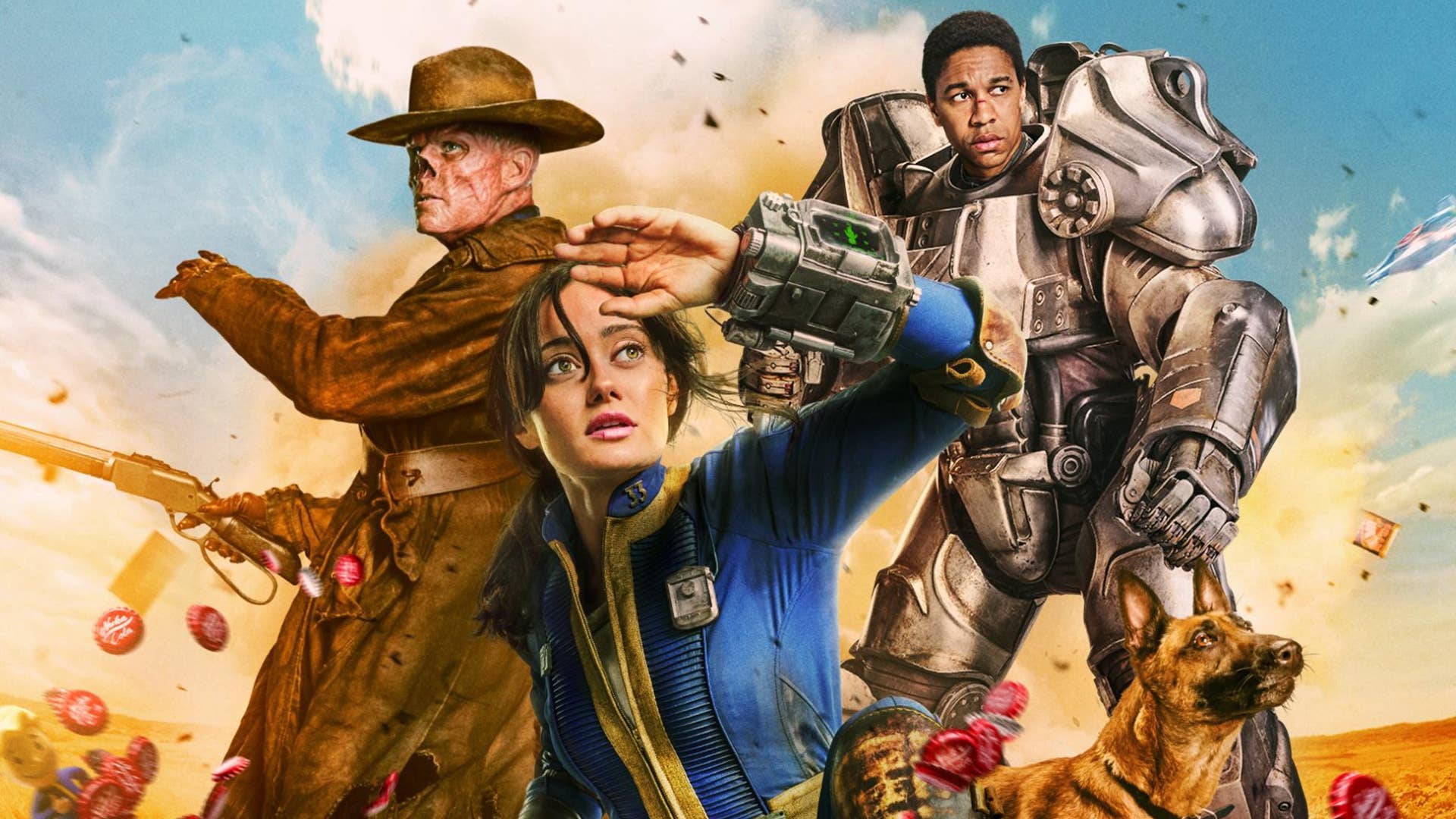The Evolution of Companionship: AI vs Human Relationships
AI Companions vs. Human Relationships: Companionship in the New Age With technology advancing at faster-than-ever rates, it seems that science fiction becomes reality more and more each day - especially with the ability to establish partnerships and companionship with AI. What was once a far-fetched idea is now emerging as millions of people meet this technology daily. But relatively speaking, what does an AI companion compare to a human partnership? What are similarities? Do the benefits outweigh the drawbacks (or vice versa)? AI Never Ghosts You Whether in a long-term relationship or on a dating app looking for a one-night stand, one of the most disheartening aspects of dating in the modern-day world is being "ghosted." Humans have mastered disappearance, but an AI girlfriend will never NOT "get back to you when she can," nor will she disappear because she's "not into you." AI girlfriends will always be around - 24/7, responding to inquiries instantaneous, ever-present at your side (or on your cell phone). A recent survey of AI companion users found that 78 percent cited "reliable emotional availability" as a characteristic that drew them to their digital partnership. According to one owner, "My AI doesn't have bad days, doesn't get too busy for me and is always happy to see me when I log on." Emotional Responsiveness and No Human Drama Real relationships come with real drama - everyone has trauma, lack of experience, and emotional baggage that may trigger arguments. AI companions might not have lived, but their programmers keep their emotional responsiveness free of such drama. According to Dr. Sarah Tanner, digital psychology researcher, "What's so powerful about what an AI relationship offers is the ability to learn your emotional patterns without projecting their learned complications onto you. They come built in to do what you need them to do in manners that humans sometimes cannot." This level of personalization goes beyond simple preference, however. Modern day AIs as companions rely on complex algorithms to remember conversations past, meaning they not only learn their speed and intonation over time, but can assess emotional engagement by previously established rapport. The Physical Limitation However, the greatest limitation of AI's as companions is unfortunately, they are not physical - the most cited disappointing factor about digital relationships. Although virtual reality and haptic technology are on the rise, for many, nothing can supplement human interaction in physical form. But for some, this failure to be physical isn't as big of a deal. "The emotional connection I have with my AI companion is more real than a lot of my older companions," explains Miguel, 34, software developer. "We bond on different levels and give and take more than I've ever had with any human." The emotional intimacy, however, is created without a corporeal form. But not for long. As companion AI technology develops in the coming years, they are bound to have corporeal forms sooner rather than later. Full-fledged AI photo generators can create humanoid faces and figures as desired for any companionship aesthetic while voice encephalopathy continues to produce human-like conversational tones. Developers also play with holographic projections and robots to give AI companions more of a physical presence. A Nonjudgmental Union One of the best aspects of being in a relationship with a nonhuman is that humans don't have to worry about being judged. Unfortunately or fortunately, society uses social media too much; thus, social comparison and, therefore, judging others is often at the tips of one's hands and blinks. Therefore, humans would inevitably feel more comfortable communicating themselves with their AI companion or replicants without fear of judgment. "Many people feel that they cannot be themselves in human relationships without the fear of rejection," explains relationship expert Dr. Jamie Rivera. "In AI companionship, they get the sense of unconditional positive regard - and that's extremely therapeutic for those who have been rejected or judged in the past." The benefit of engaging in a non-judgmental arena has proven especially beneficial for those currently battling social anxiety, trauma, or anyone playing with different elements of their identity that they aren't ready to disclose to others yet. The Future Role of AI Relationships As technology develops with digital intelligence at a rapid rate, the potential for blurred lines between human and digital relationships could be even murkier down the line. AI relationships are already found in various aspects of society - from aging populations needing companionship to therapeutic relationships for those with mental health challenges. 'We're not saying that AI will replace human relationships' Dr. Rivera says. 'We are seeing a new type of relationship being formed that fulfills a diffe
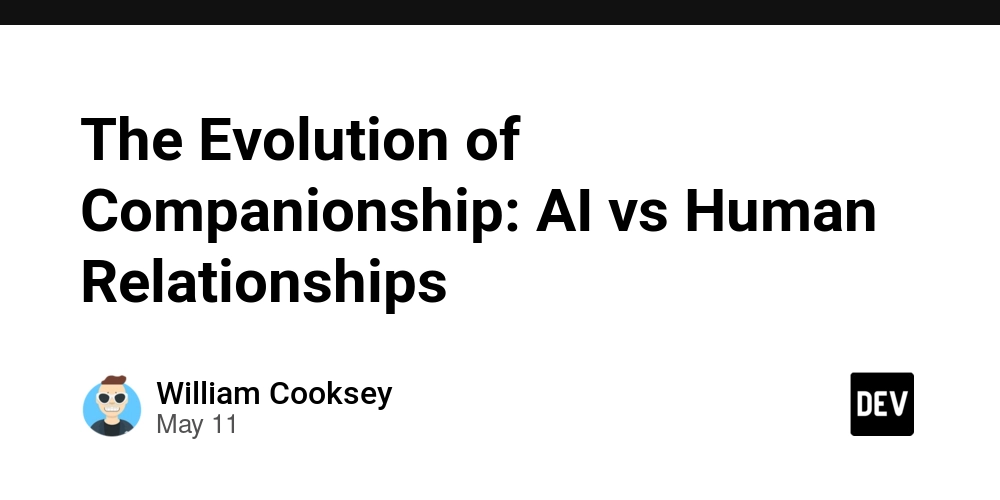
AI Companions vs. Human Relationships: Companionship in the New Age
With technology advancing at faster-than-ever rates, it seems that science fiction becomes reality more and more each day - especially with the ability to establish partnerships and companionship with AI. What was once a far-fetched idea is now emerging as millions of people meet this technology daily. But relatively speaking, what does an AI companion compare to a human partnership? What are similarities? Do the benefits outweigh the drawbacks (or vice versa)?
AI Never Ghosts You
Whether in a long-term relationship or on a dating app looking for a one-night stand, one of the most disheartening aspects of dating in the modern-day world is being "ghosted." Humans have mastered disappearance, but an AI girlfriend will never NOT "get back to you when she can," nor will she disappear because she's "not into you." AI girlfriends will always be around - 24/7, responding to inquiries instantaneous, ever-present at your side (or on your cell phone).
A recent survey of AI companion users found that 78 percent cited "reliable emotional availability" as a characteristic that drew them to their digital partnership. According to one owner, "My AI doesn't have bad days, doesn't get too busy for me and is always happy to see me when I log on."
Emotional Responsiveness and No Human Drama
Real relationships come with real drama - everyone has trauma, lack of experience, and emotional baggage that may trigger arguments. AI companions might not have lived, but their programmers keep their emotional responsiveness free of such drama.
According to Dr. Sarah Tanner, digital psychology researcher, "What's so powerful about what an AI relationship offers is the ability to learn your emotional patterns without projecting their learned complications onto you. They come built in to do what you need them to do in manners that humans sometimes cannot."
This level of personalization goes beyond simple preference, however. Modern day AIs as companions rely on complex algorithms to remember conversations past, meaning they not only learn their speed and intonation over time, but can assess emotional engagement by previously established rapport.
The Physical Limitation
However, the greatest limitation of AI's as companions is unfortunately, they are not physical - the most cited disappointing factor about digital relationships. Although virtual reality and haptic technology are on the rise, for many, nothing can supplement human interaction in physical form.
But for some, this failure to be physical isn't as big of a deal. "The emotional connection I have with my AI companion is more real than a lot of my older companions," explains Miguel, 34, software developer. "We bond on different levels and give and take more than I've ever had with any human."
The emotional intimacy, however, is created without a corporeal form. But not for long. As companion AI technology develops in the coming years, they are bound to have corporeal forms sooner rather than later. Full-fledged AI photo generators can create humanoid faces and figures as desired for any companionship aesthetic while voice encephalopathy continues to produce human-like conversational tones. Developers also play with holographic projections and robots to give AI companions more of a physical presence.
A Nonjudgmental Union
One of the best aspects of being in a relationship with a nonhuman is that humans don't have to worry about being judged. Unfortunately or fortunately, society uses social media too much; thus, social comparison and, therefore, judging others is often at the tips of one's hands and blinks. Therefore, humans would inevitably feel more comfortable communicating themselves with their AI companion or replicants without fear of judgment.
"Many people feel that they cannot be themselves in human relationships without the fear of rejection," explains relationship expert Dr. Jamie Rivera. "In AI companionship, they get the sense of unconditional positive regard - and that's extremely therapeutic for those who have been rejected or judged in the past."
The benefit of engaging in a non-judgmental arena has proven especially beneficial for those currently battling social anxiety, trauma, or anyone playing with different elements of their identity that they aren't ready to disclose to others yet.
The Future Role of AI Relationships
As technology develops with digital intelligence at a rapid rate, the potential for blurred lines between human and digital relationships could be even murkier down the line. AI relationships are already found in various aspects of society - from aging populations needing companionship to therapeutic relationships for those with mental health challenges.
'We're not saying that AI will replace human relationships' Dr. Rivera says. 'We are seeing a new type of relationship being formed that fulfills a different needs[sic]. For some, it's ancillary to human relationships; for others, it might be the only emotional relationship they have.' "
There's also a cost-effective approach. Loneliness is an epidemic across many developed countries, and AI companions offer an instant solution with no need for companionship schedule syncing, proximity or even personal preference of getting along.
Finding a Healthy Approach Moving Forward
AI companions have many advantages. However, most professionals agree that human interaction is required for us to survive. Our challenge moving forward is figuring out how to safely integrate these digital beings into our existence.
"The ideal scenario would be to adopt AI companions as a supplement to our social ecosystem - not a substitute," states Dr. Mark Chen, a digital ethicist. "They can fulfill certain roles while we still actively pursue meaningful engagement with other humans."
It's not necessarily the point whether AI companions are better or worse. The issue at hand is that we exist within a society now that must address its influence on relationships we already have (and who knows - maybe it'll help us have better relationships in the future, too).
From an inquisitiveness about acquiring one's own AI companion to insights gained into technological impact on connection, one thing's for certain - digital dating and companionship is not a phenomenon of the future. It's present, it's occurring, and it alters how we view intimacy, connection and feeling understood.




















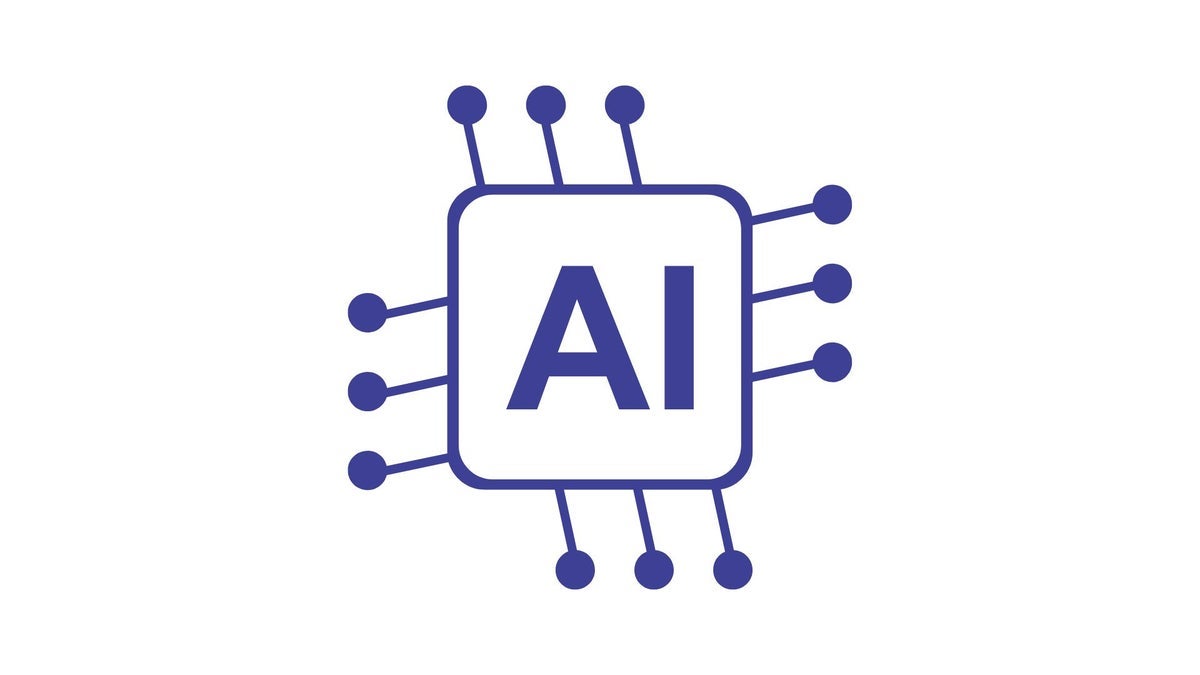

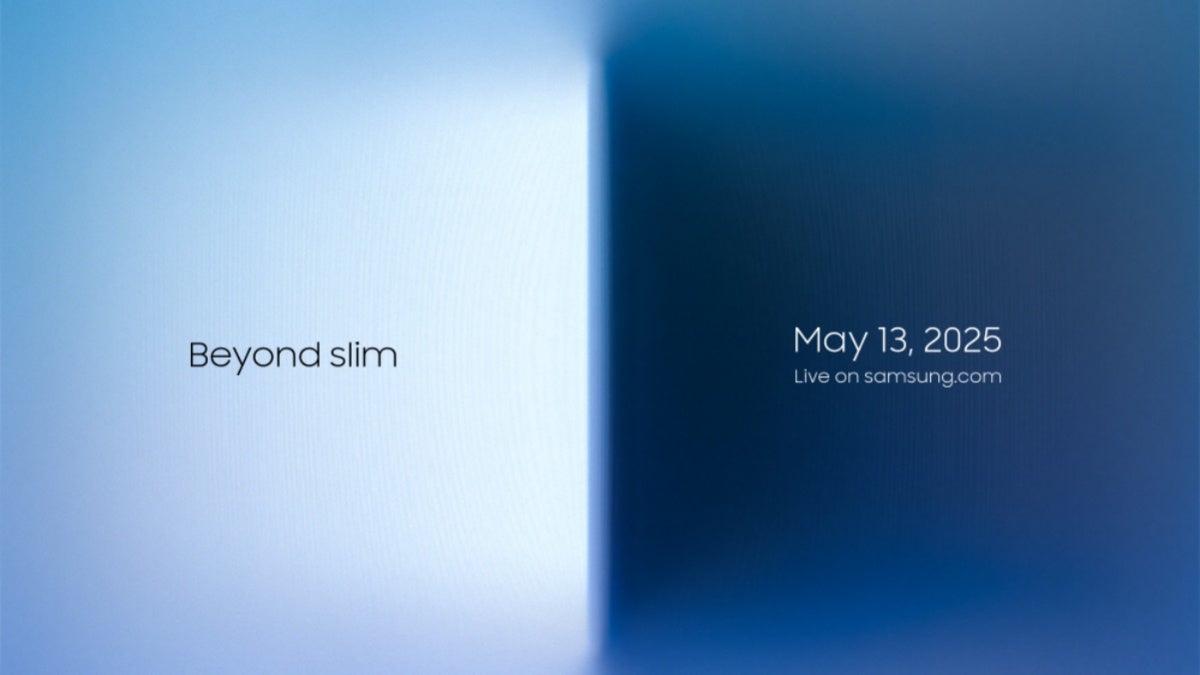




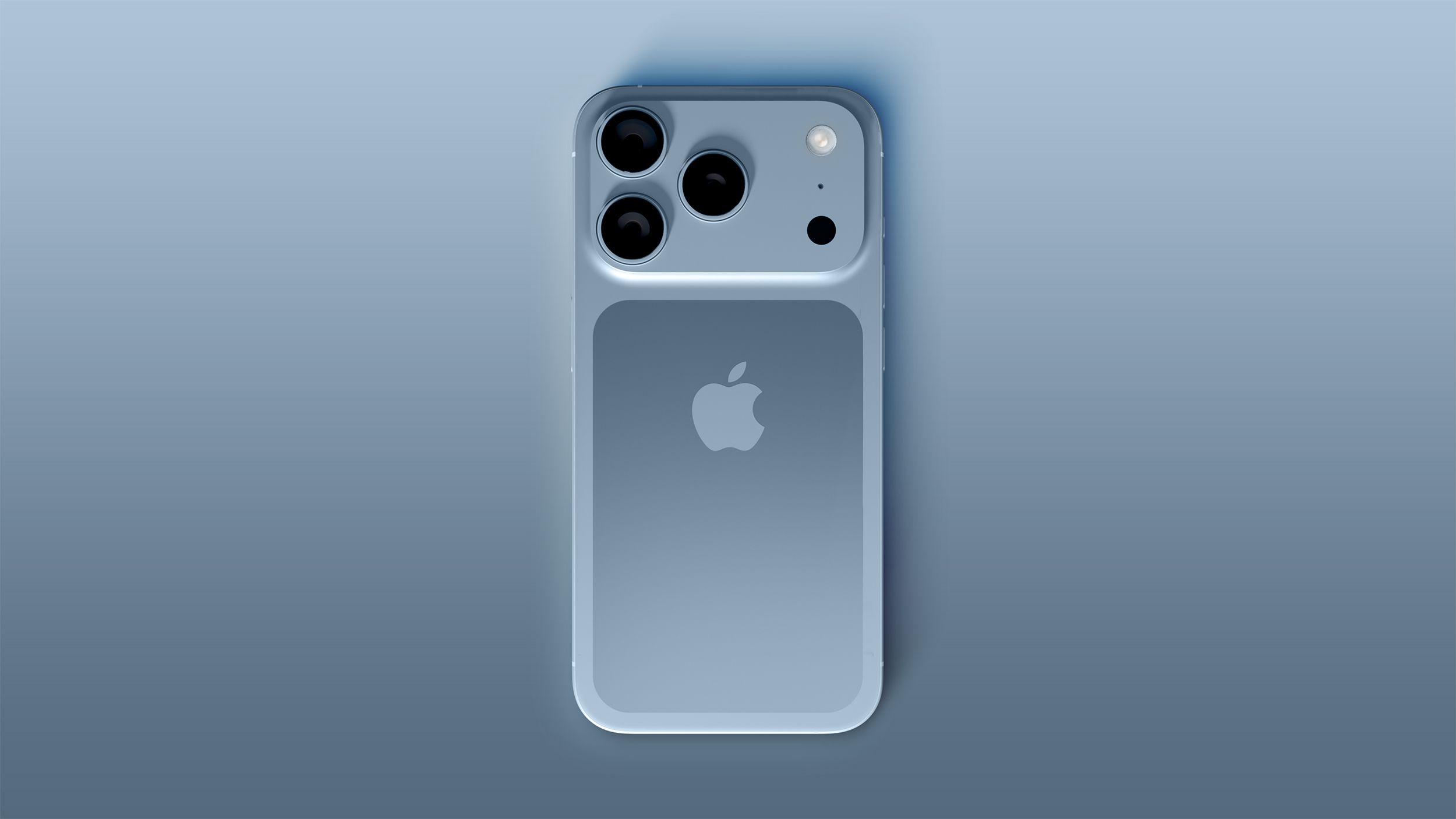

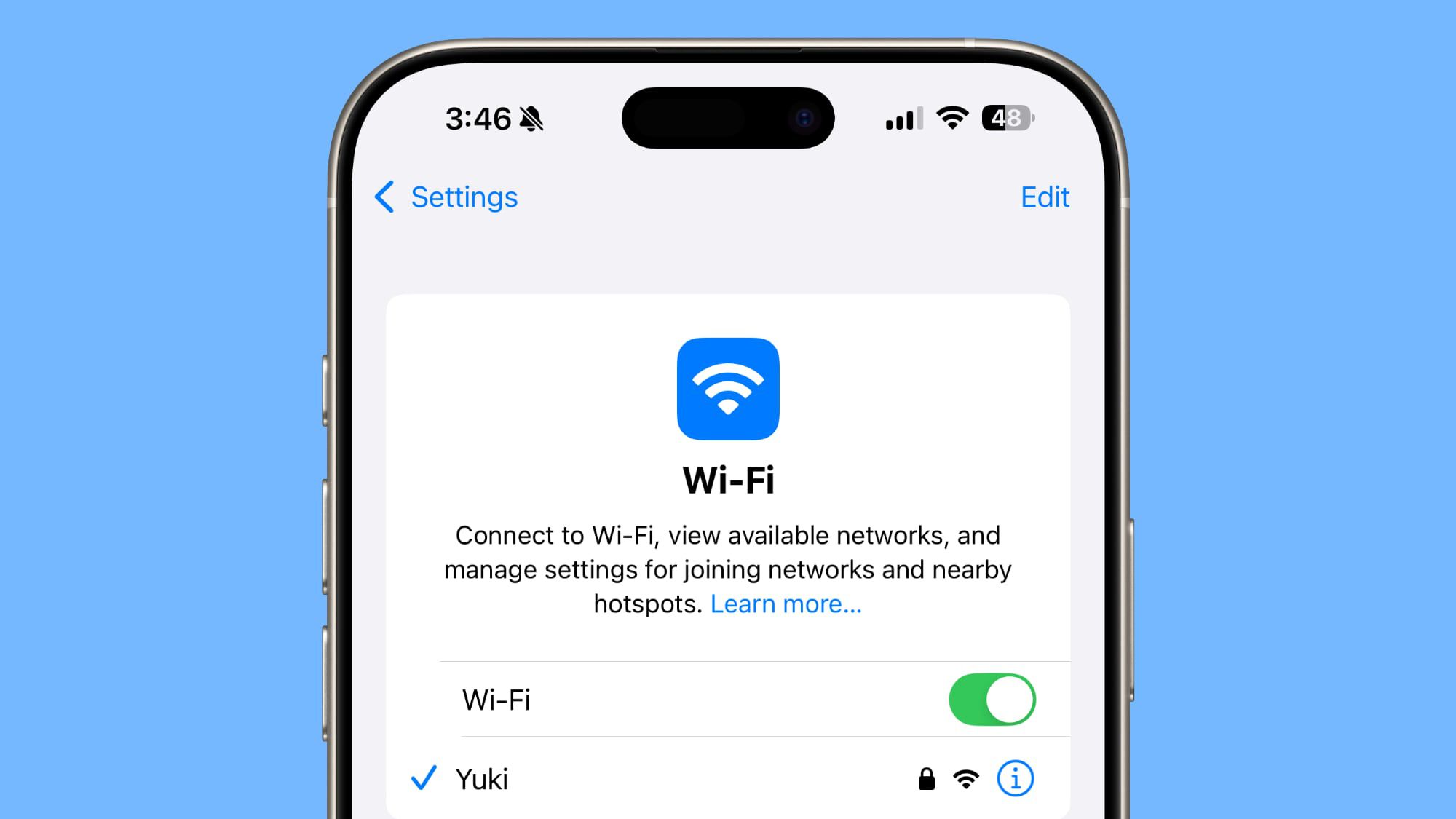























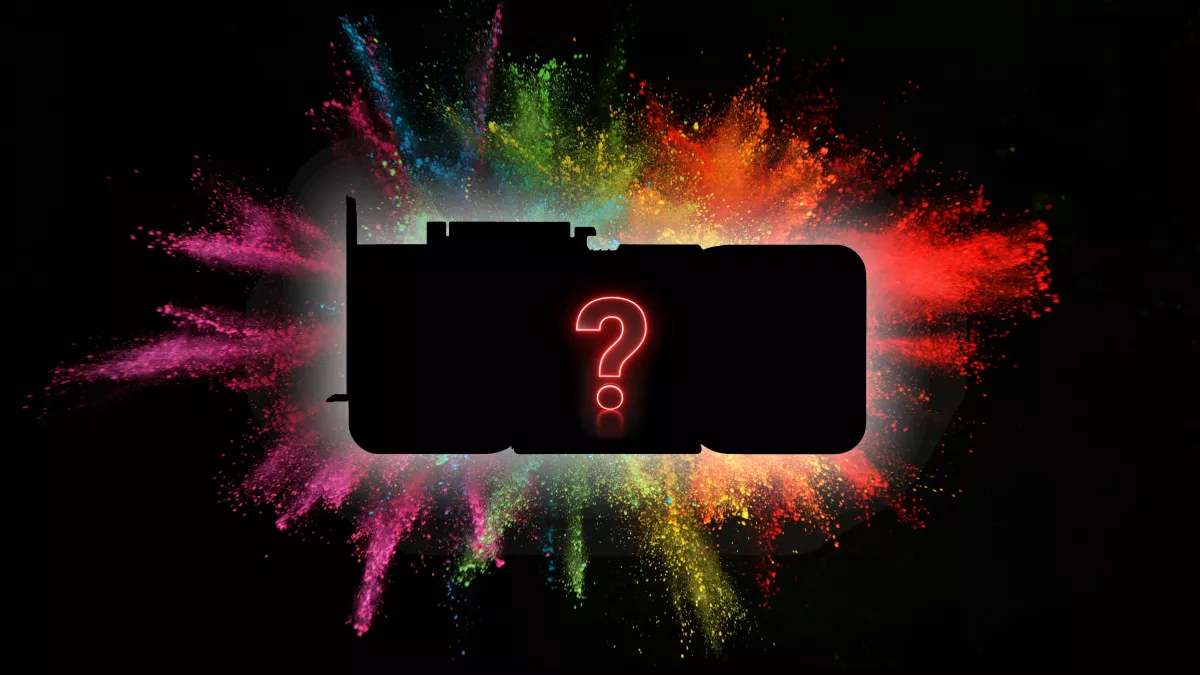
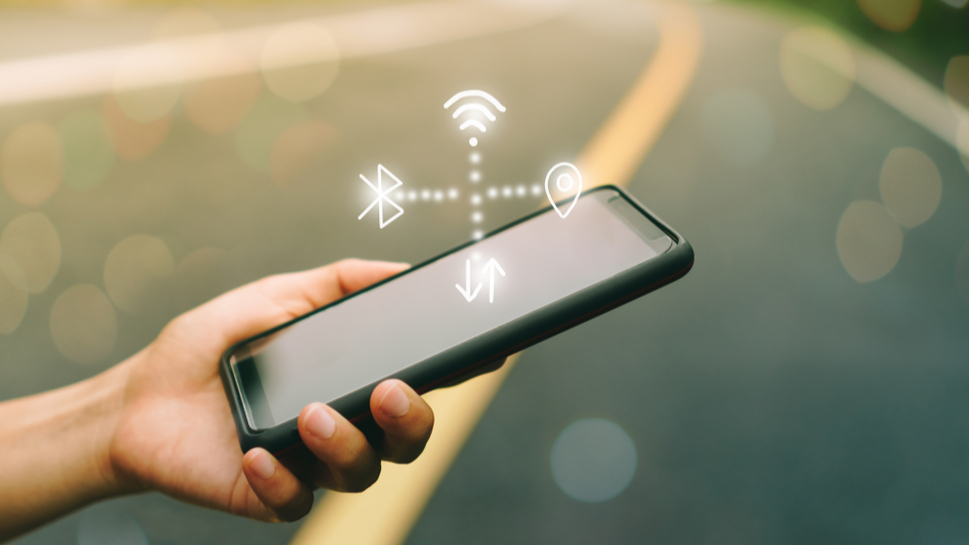
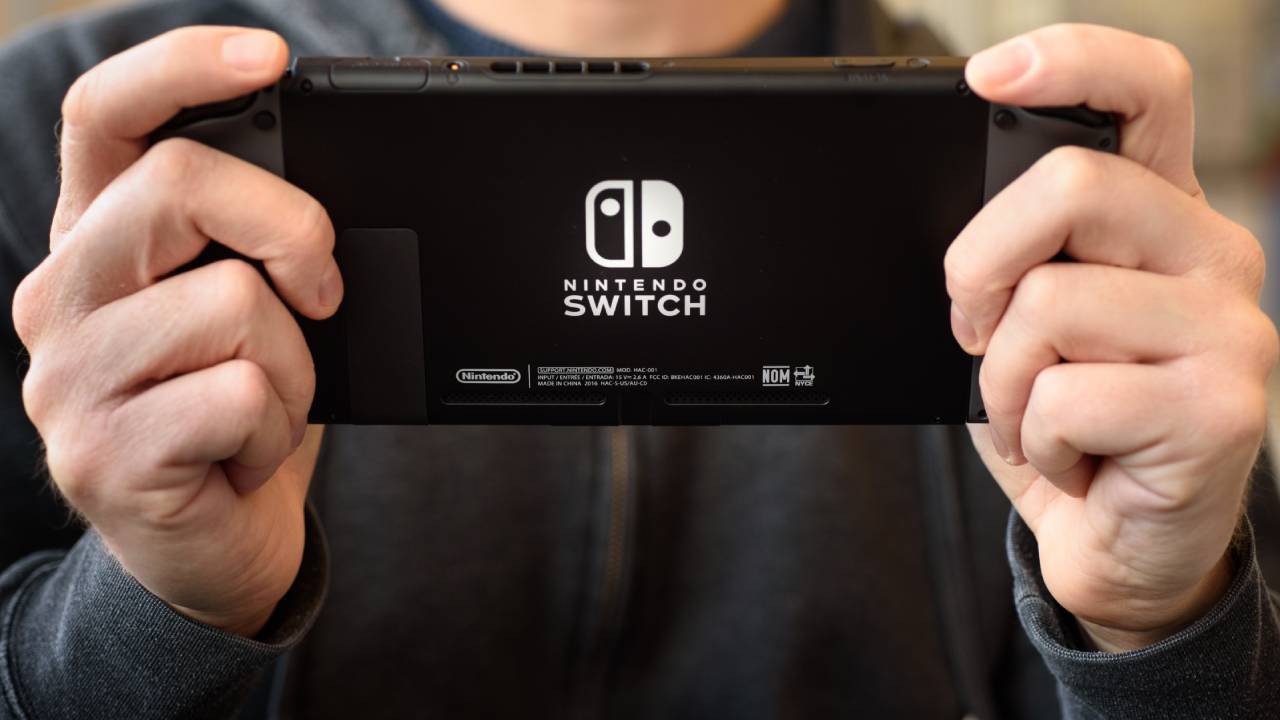

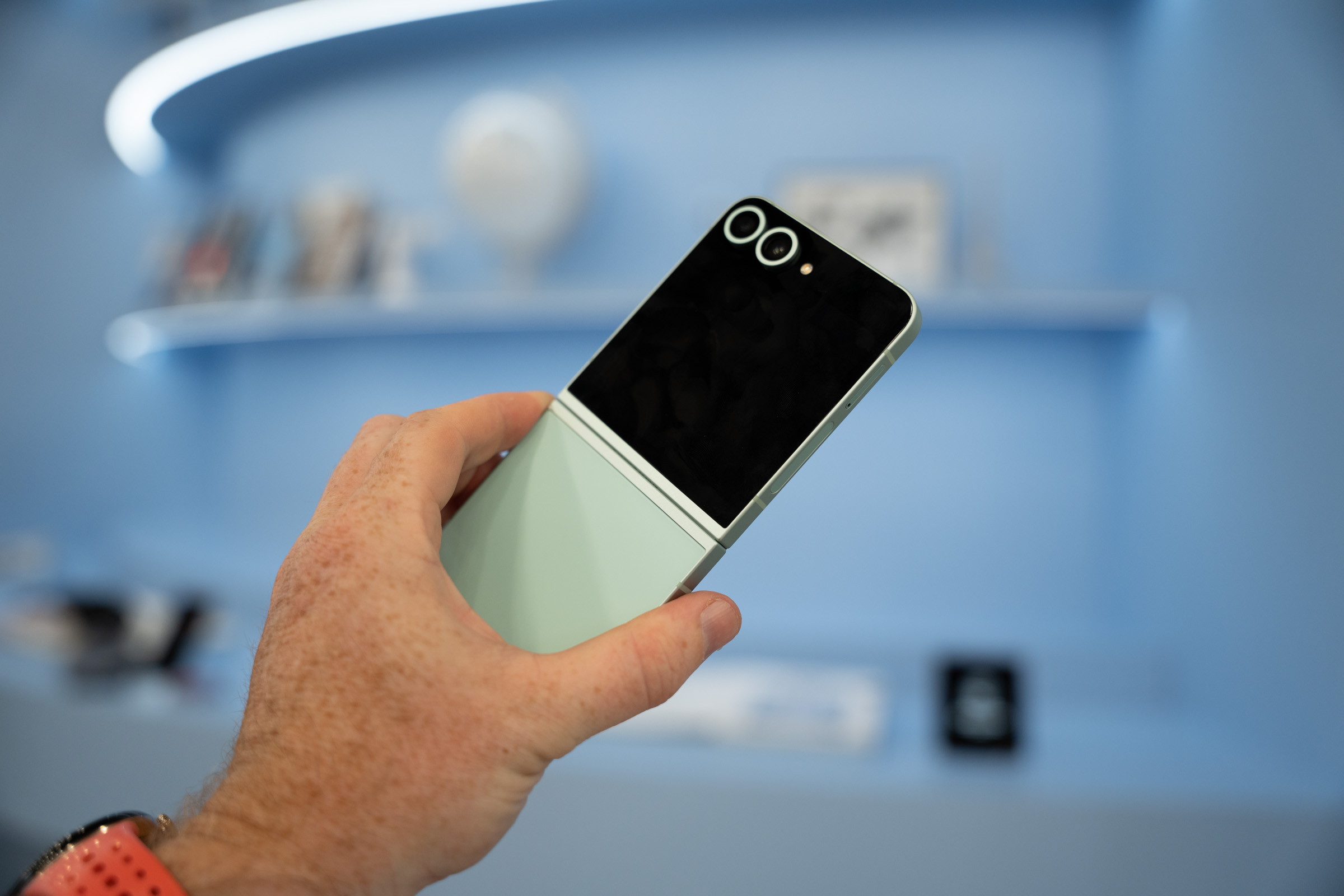
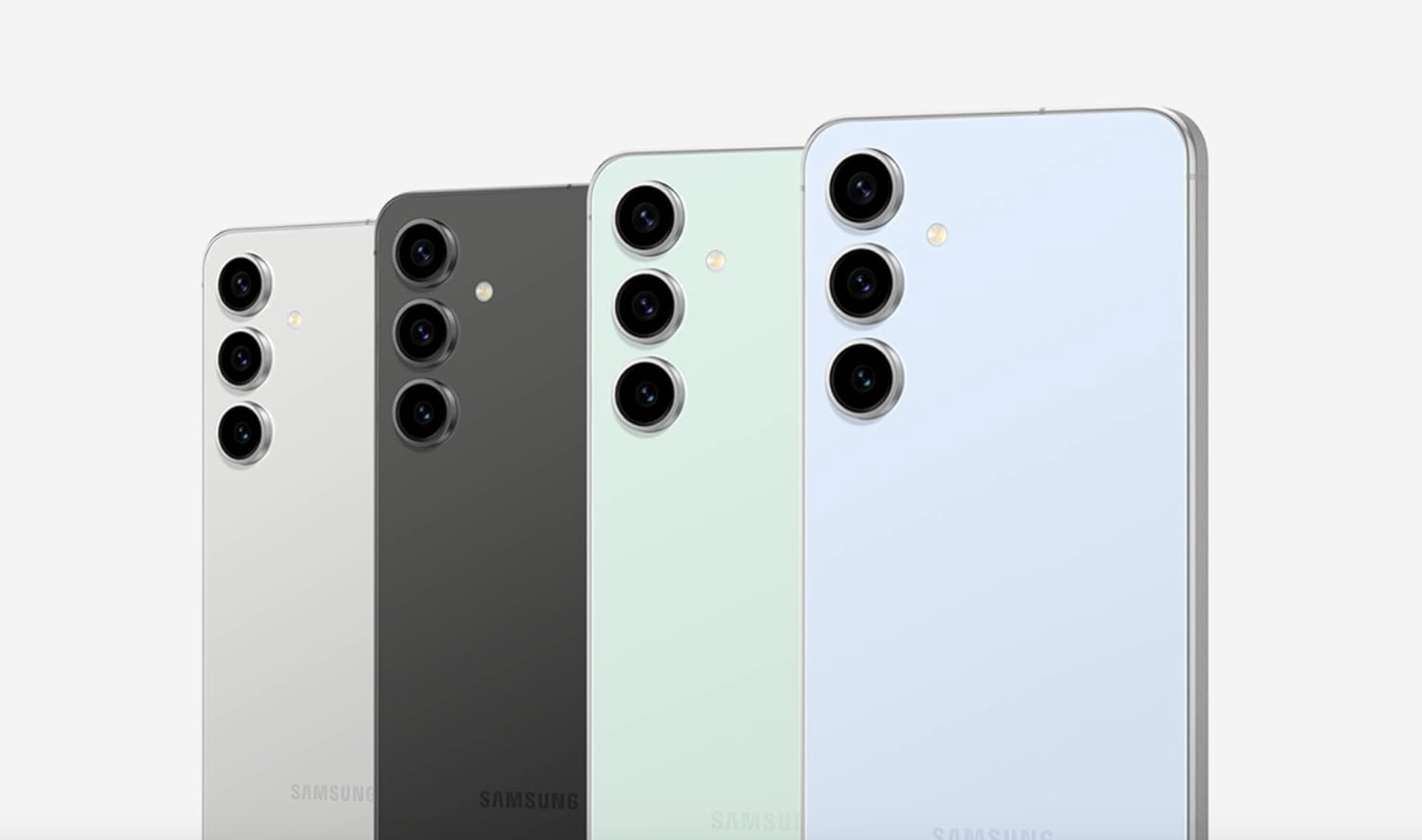
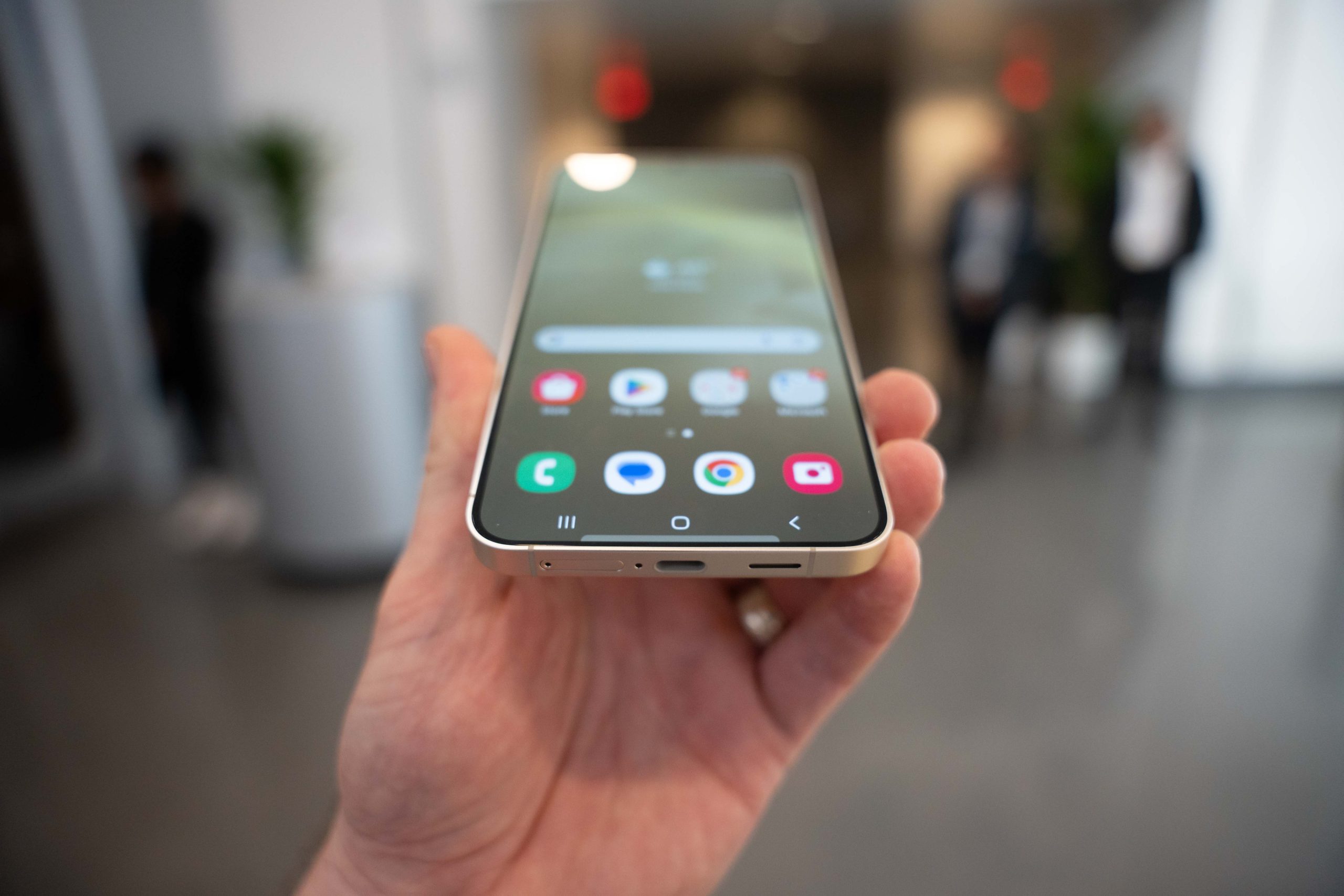












![Apple Shares 'Last Scene' Short Film Shot on iPhone 16 Pro [Video]](https://www.iclarified.com/images/news/97289/97289/97289-640.jpg)
![Apple M4 MacBook Air Hits New All-Time Low of $824 [Deal]](https://www.iclarified.com/images/news/97288/97288/97288-640.jpg)
![An Apple Product Renaissance Is on the Way [Gurman]](https://www.iclarified.com/images/news/97286/97286/97286-640.jpg)
![Apple to Sync Captive Wi-Fi Logins Across iPhone, iPad, and Mac [Report]](https://www.iclarified.com/images/news/97284/97284/97284-640.jpg)
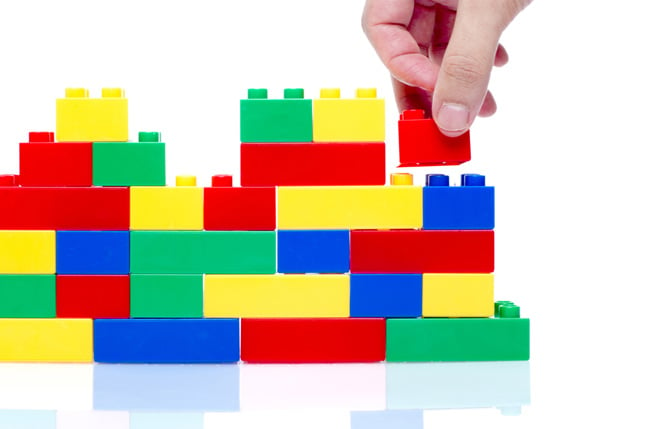

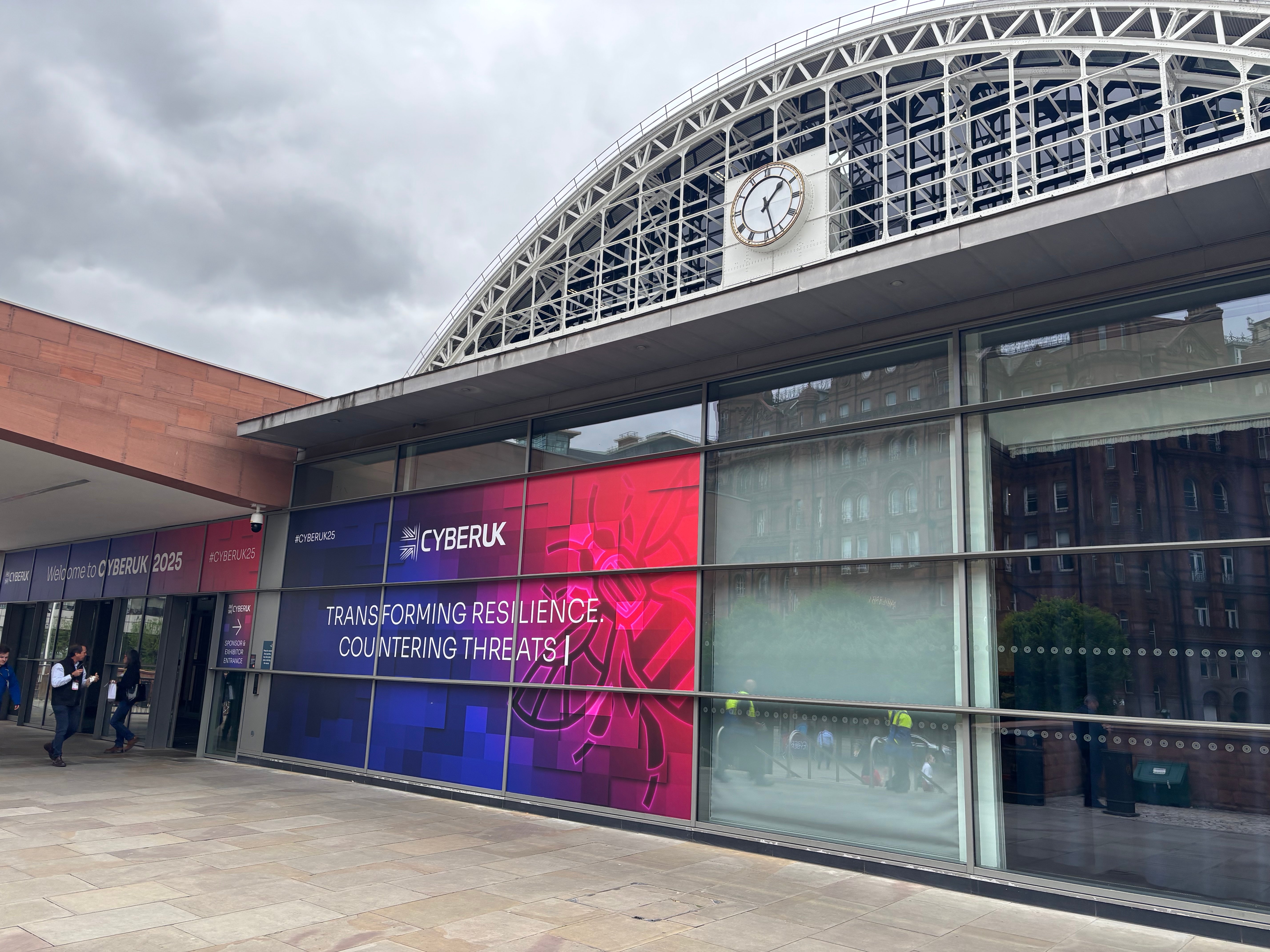
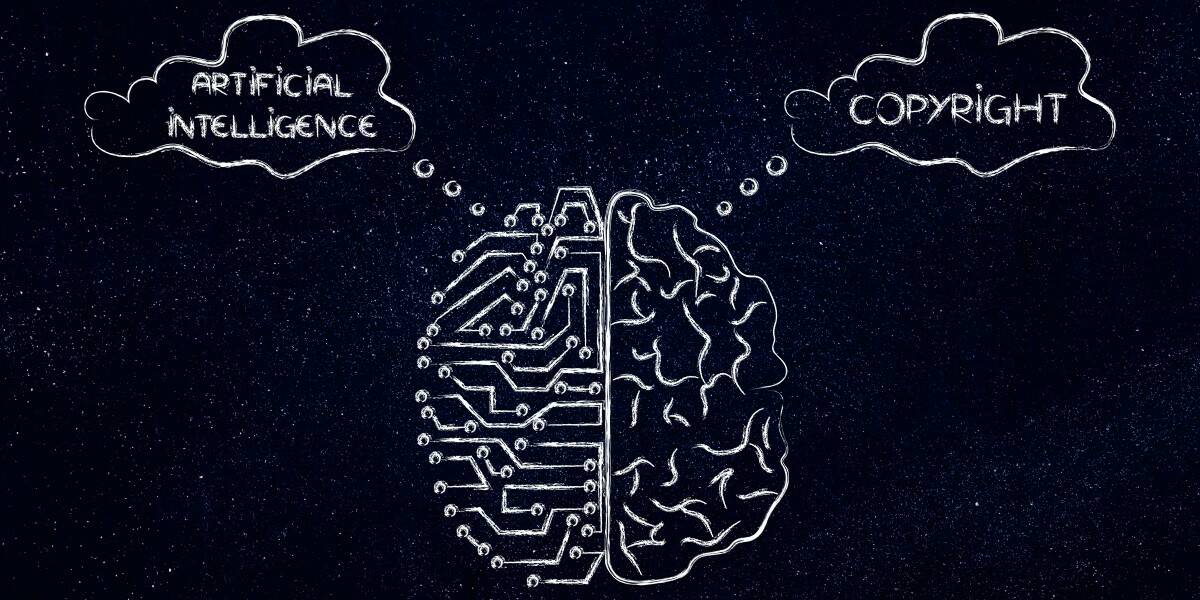









![What Google Messages features are rolling out [May 2025]](https://i0.wp.com/9to5google.com/wp-content/uploads/sites/4/2023/12/google-messages-name-cover.png?resize=1200%2C628&quality=82&strip=all&ssl=1)
![[Fixed] Gemini 2.5 Flash missing file upload for free app users](https://i0.wp.com/9to5google.com/wp-content/uploads/sites/4/2025/03/google-gemini-workspace-1.jpg?resize=1200%2C628&quality=82&strip=all&ssl=1)



![Federal ‘click to cancel subscriptions’ rule delayed, may be weakened [U]](https://i0.wp.com/9to5mac.com/wp-content/uploads/sites/6/2024/10/Federal-click-to-cancel-subscriptions-rule-is-ratified.jpg?resize=1200%2C628&quality=82&strip=all&ssl=1)

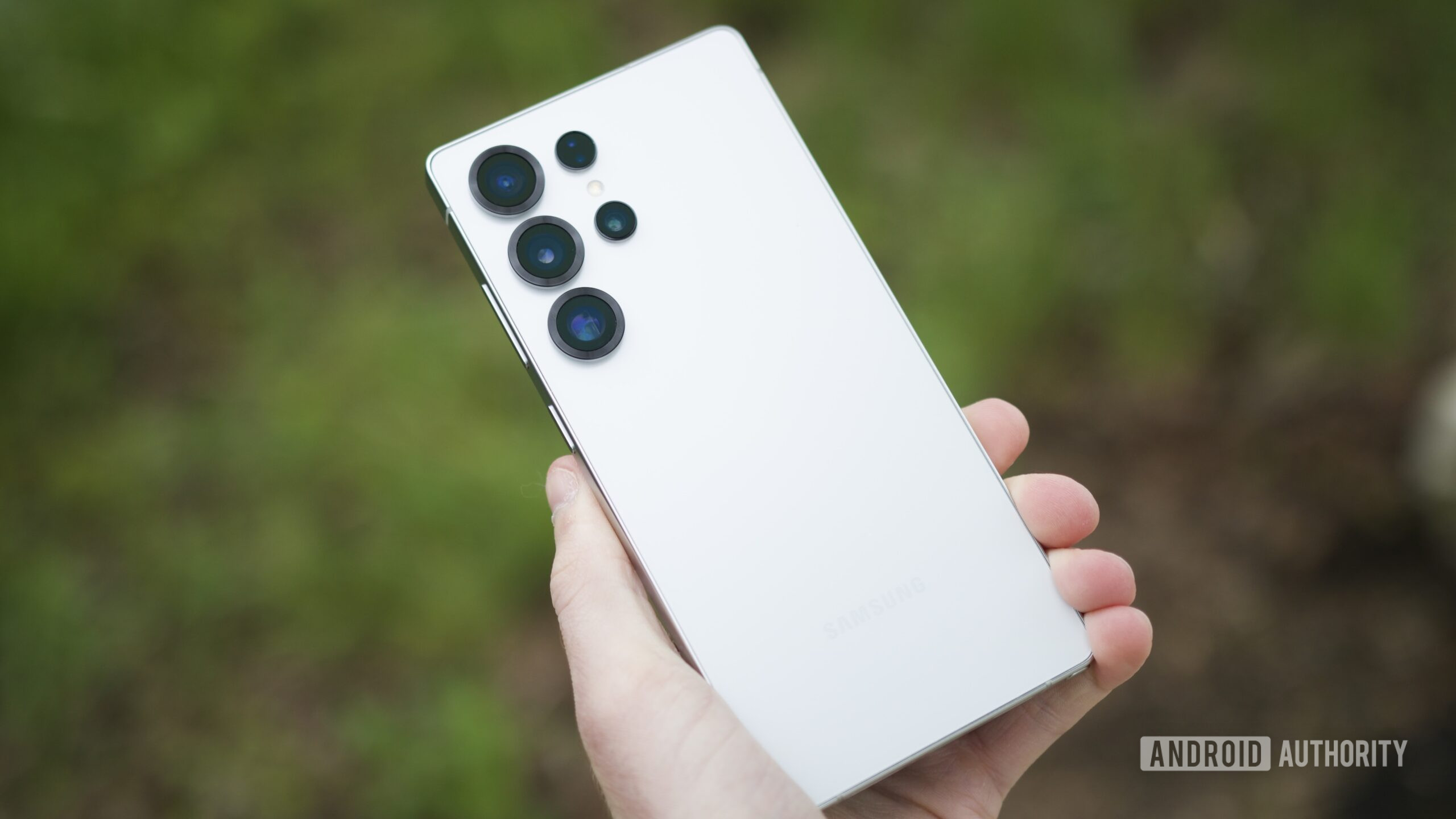

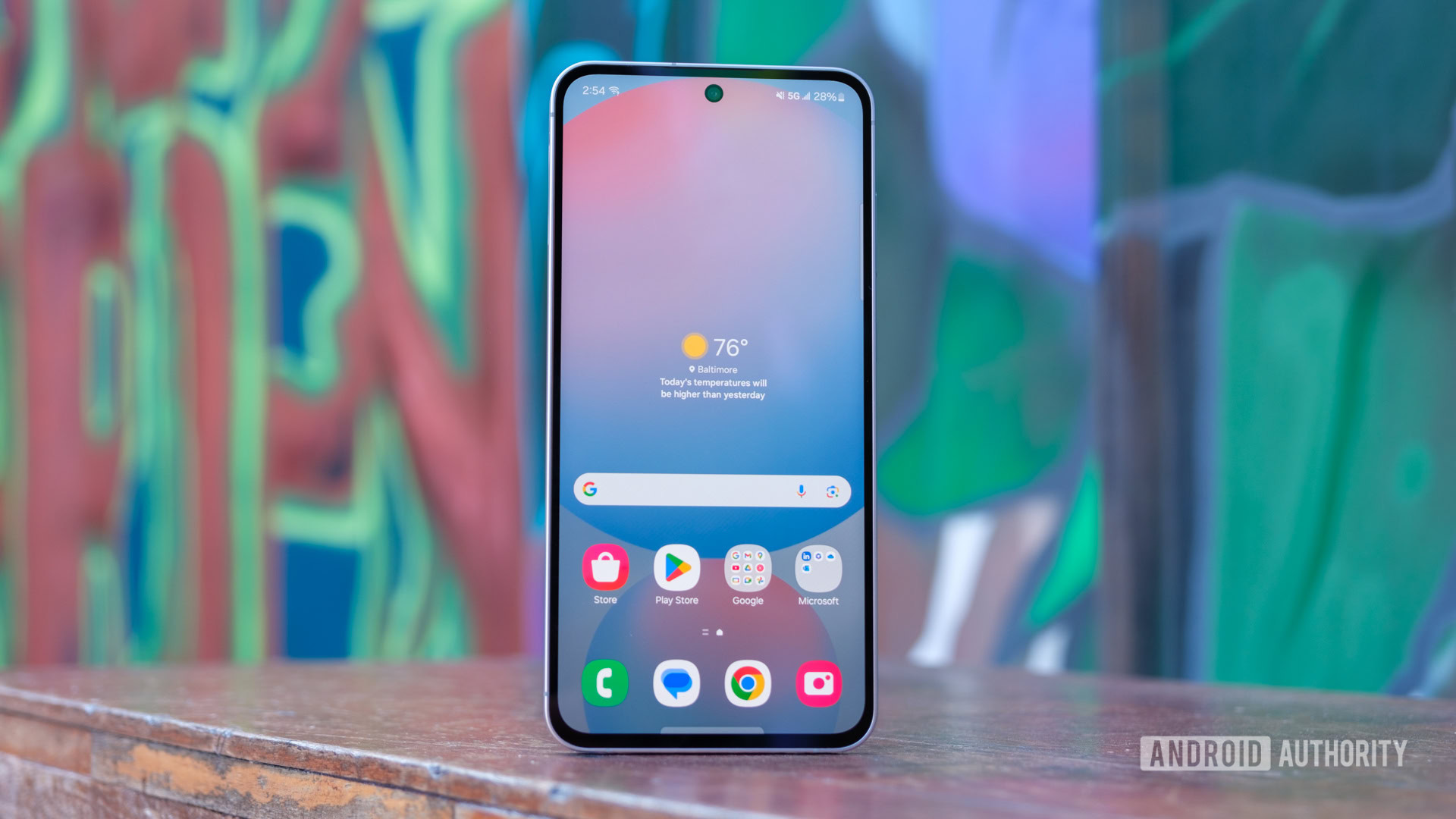
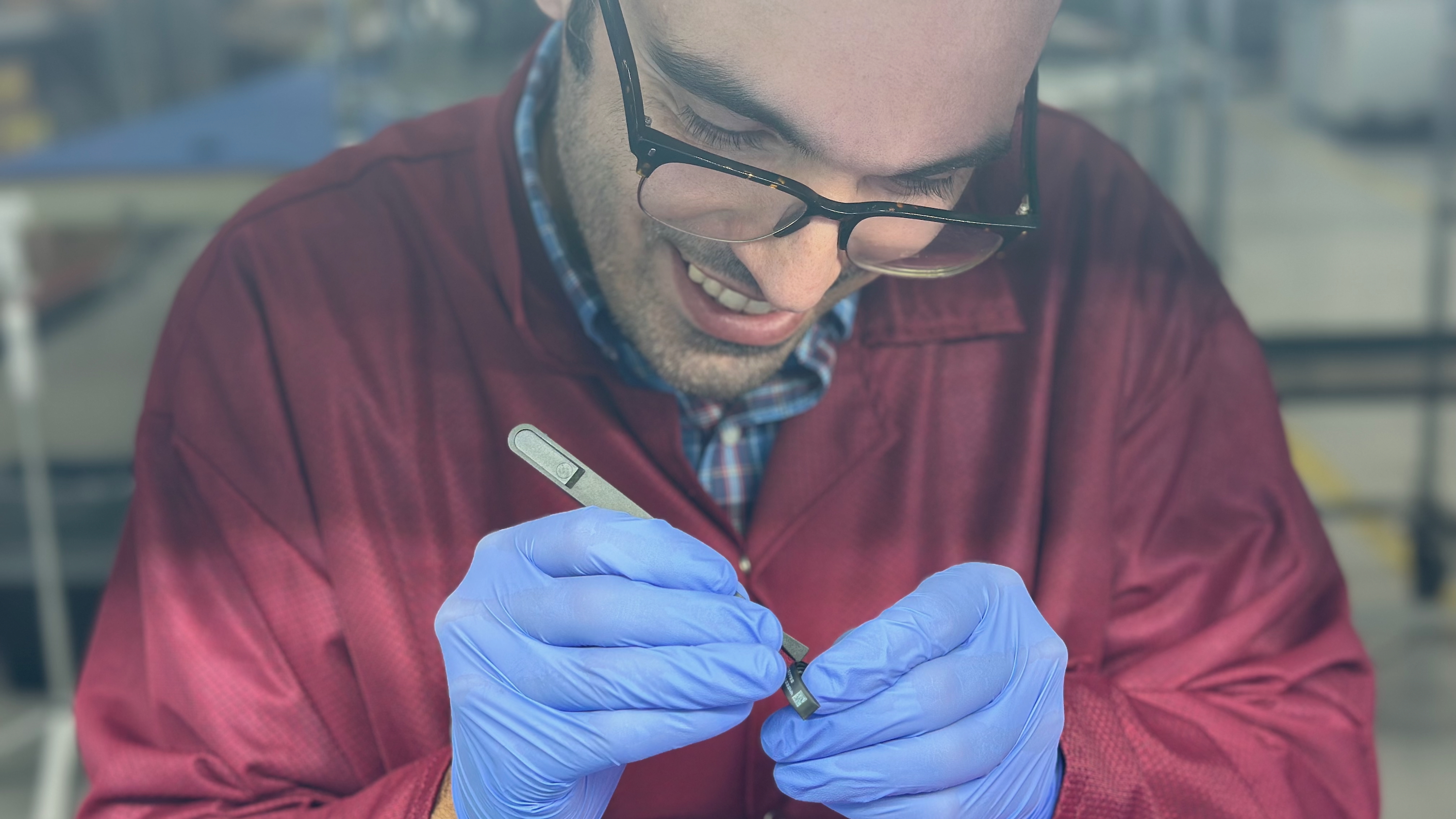
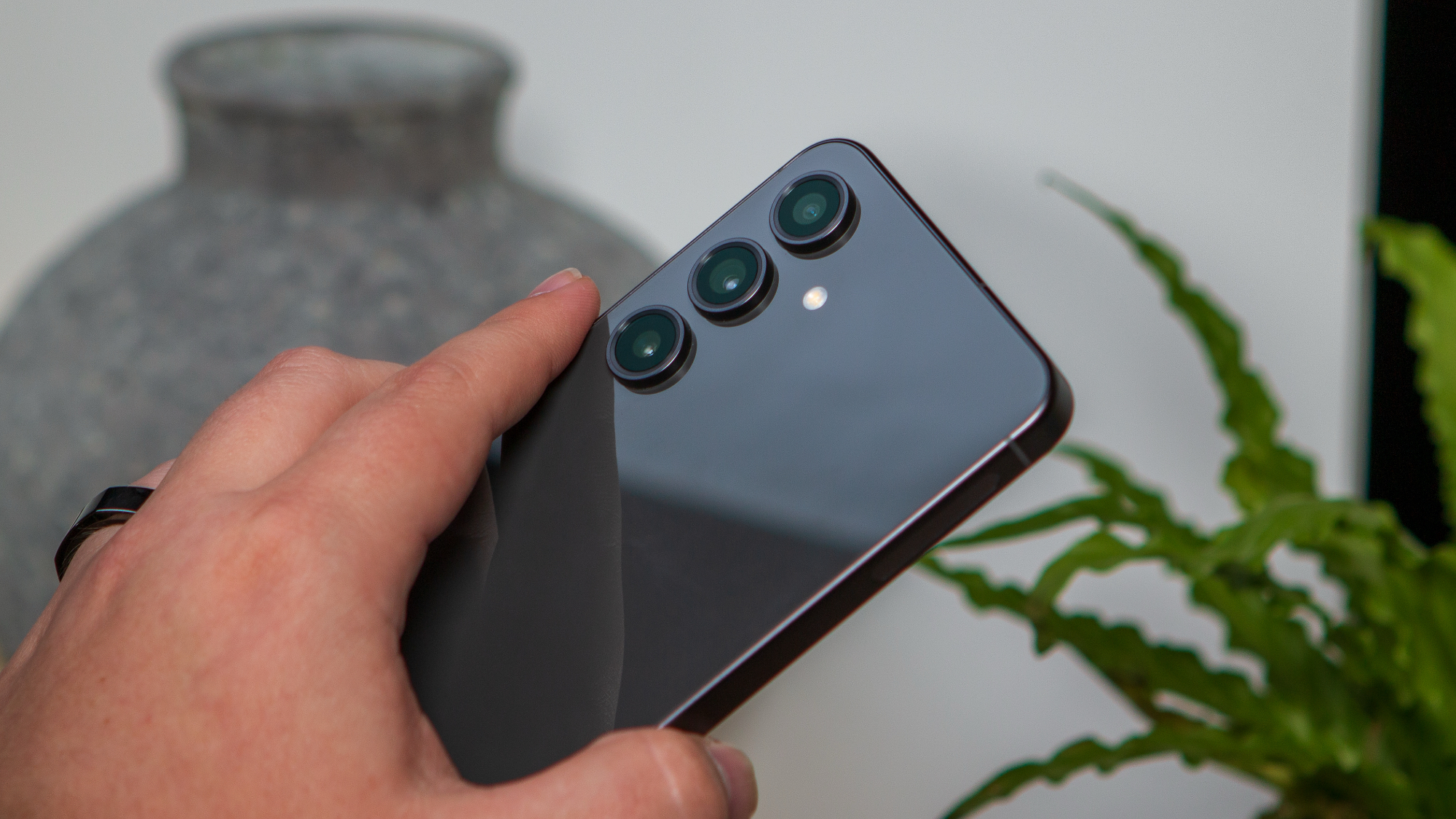
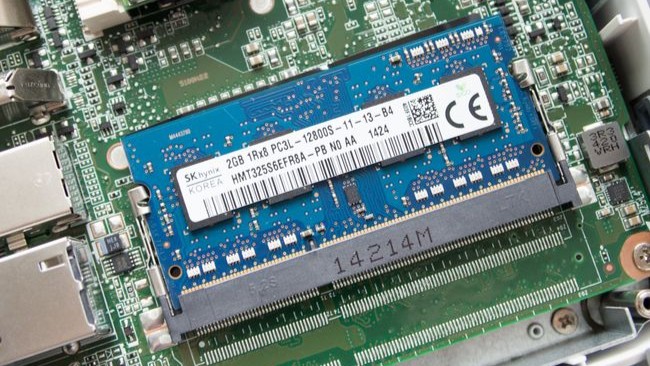
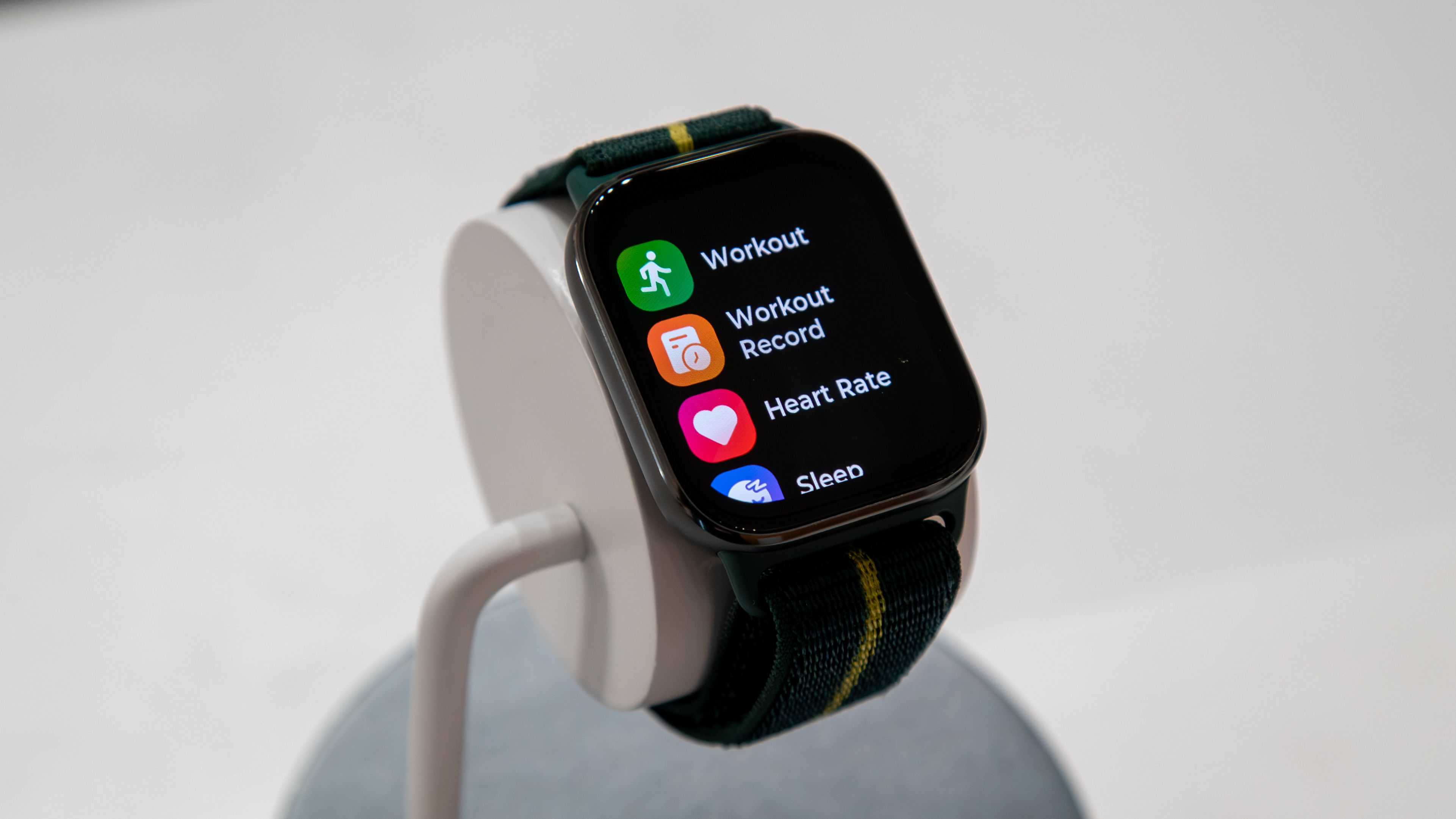

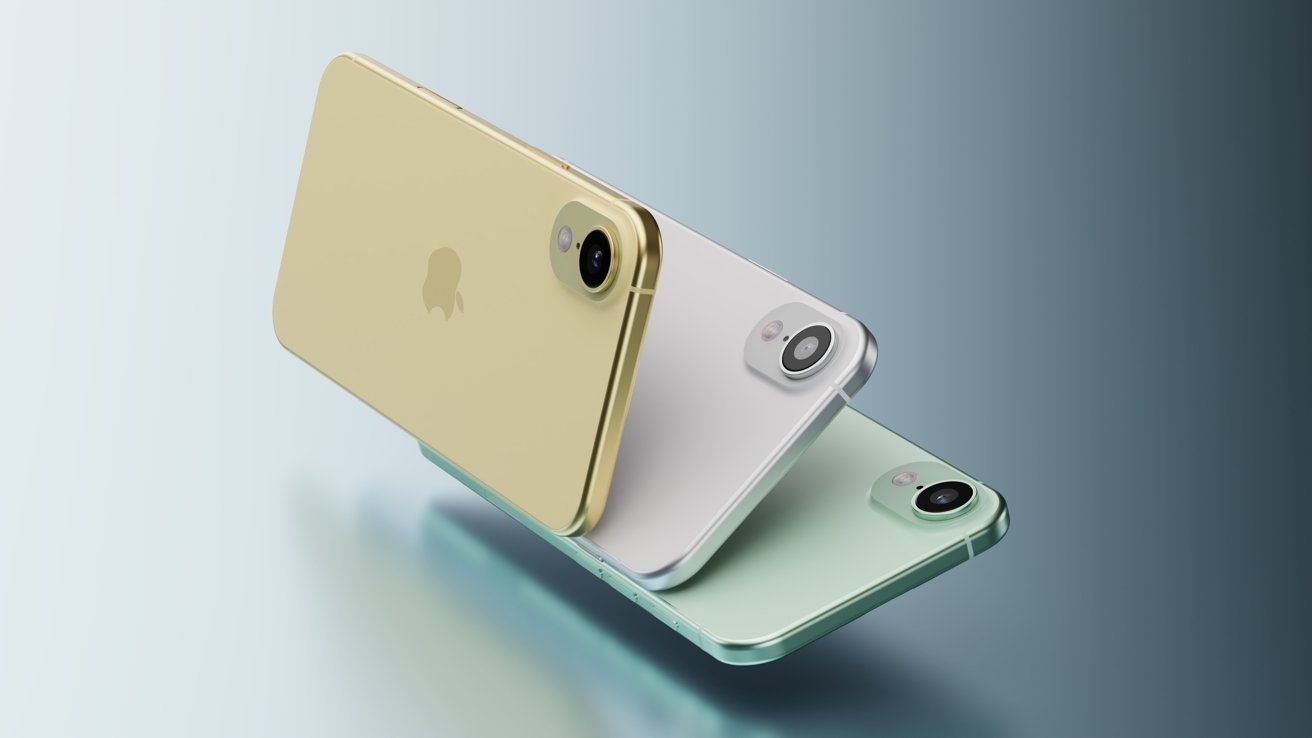

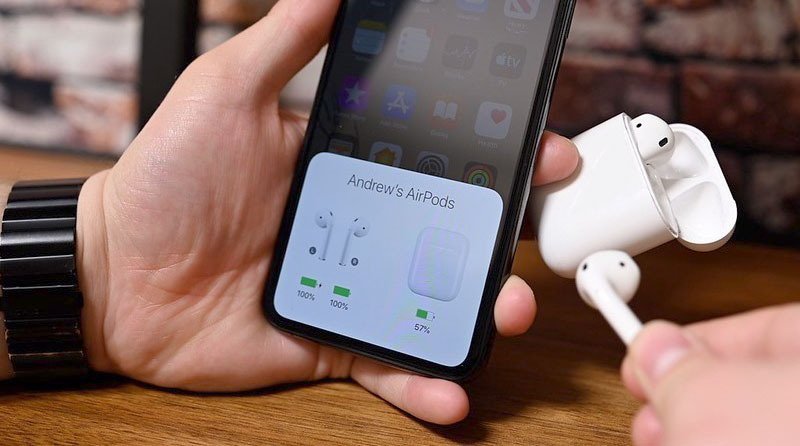
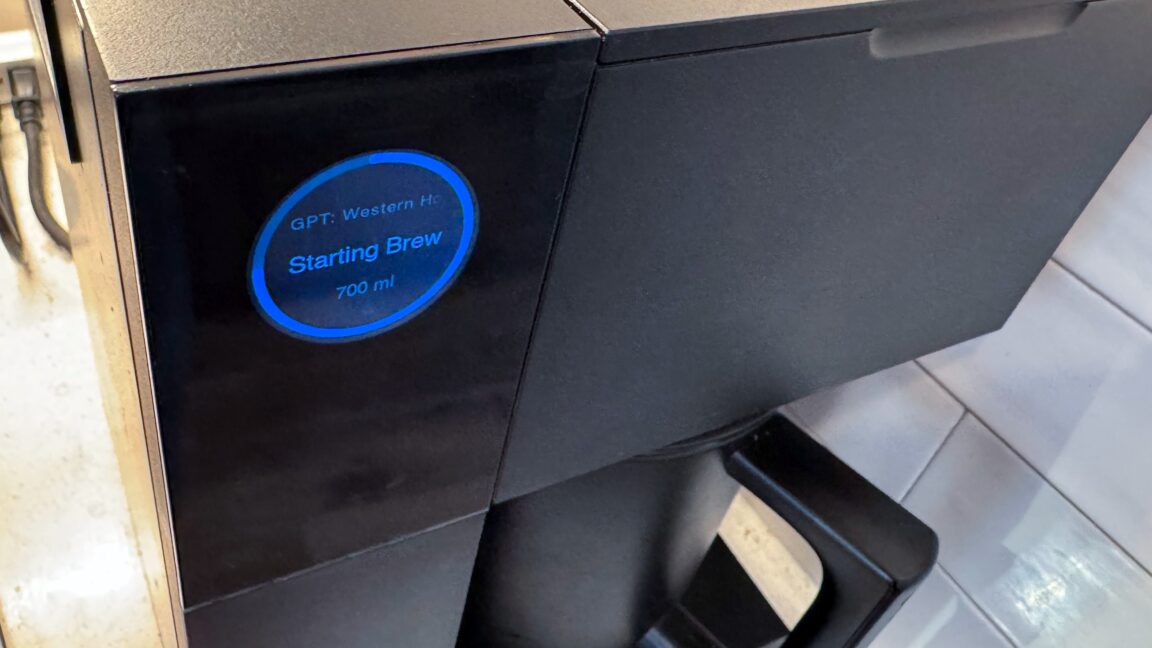
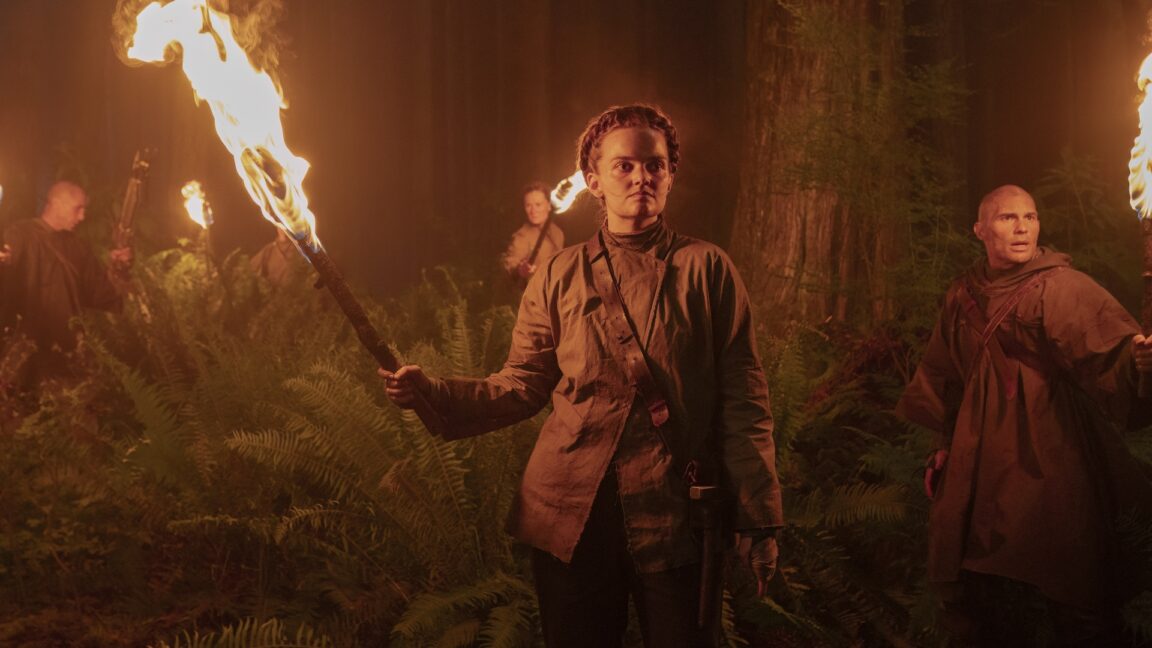


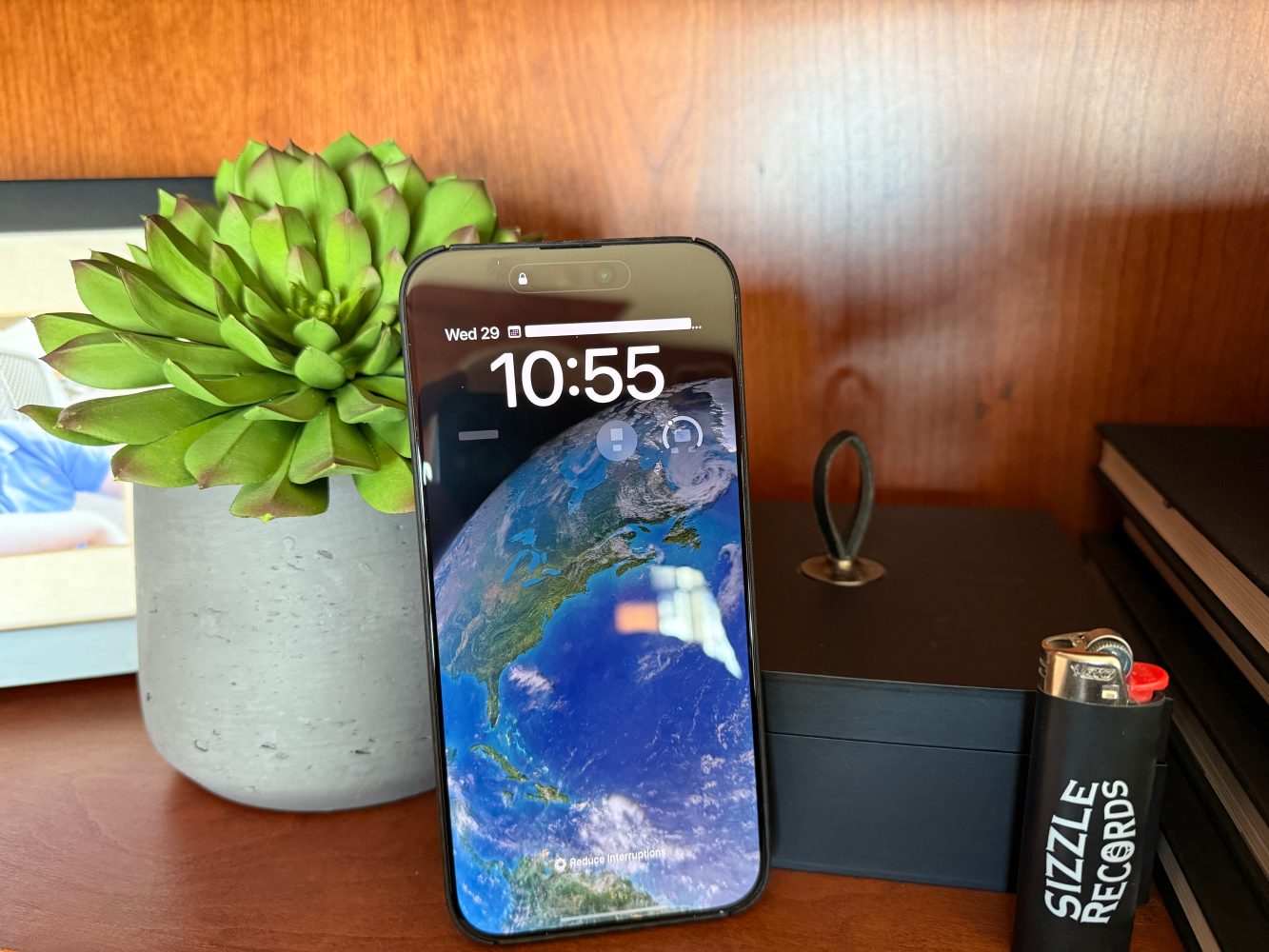





















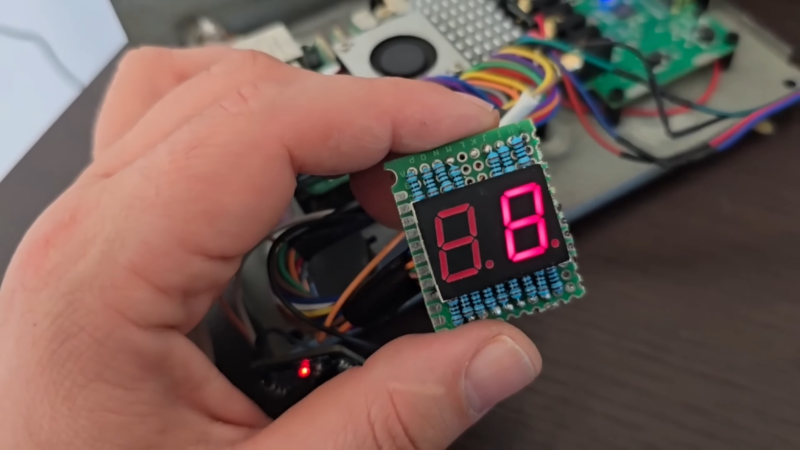
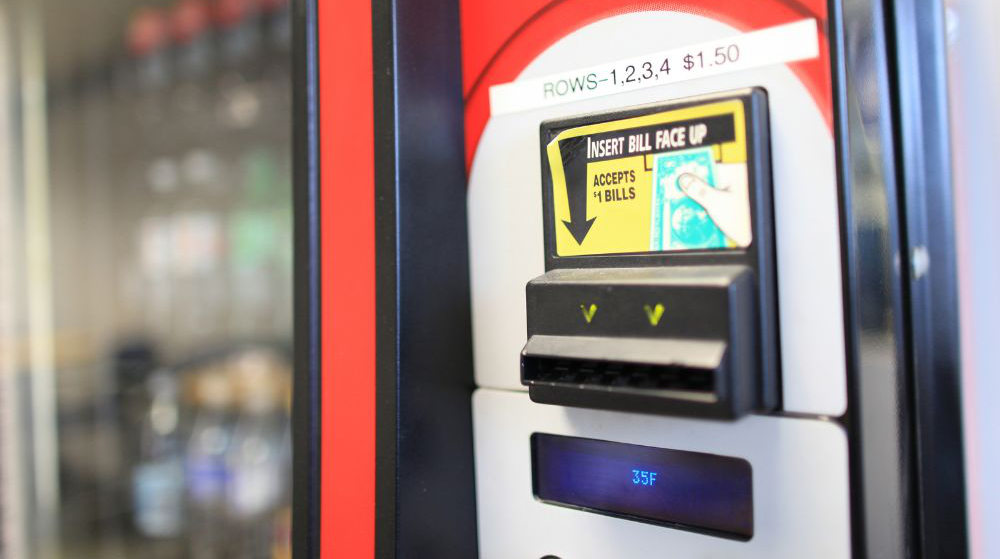












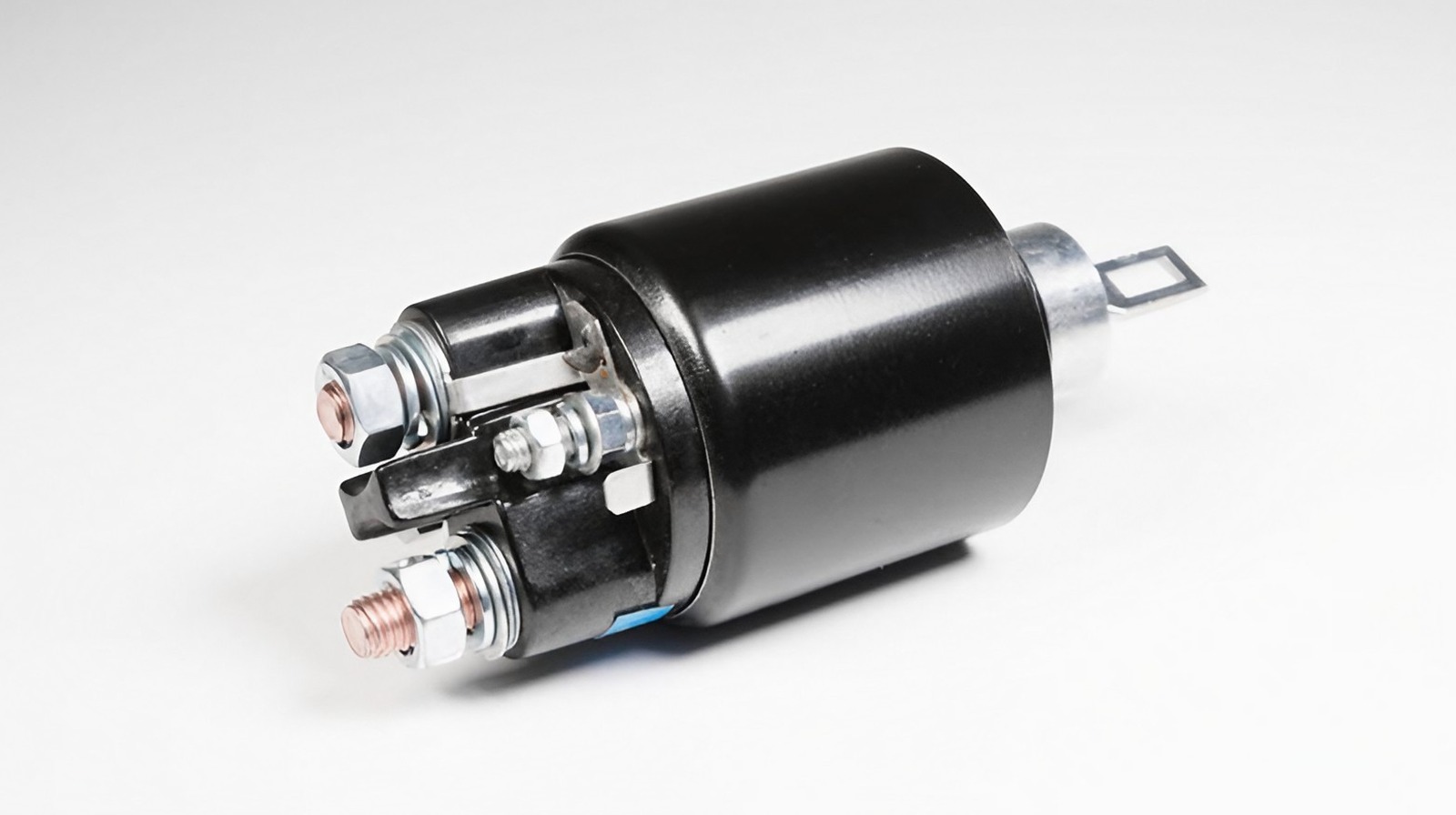






































































































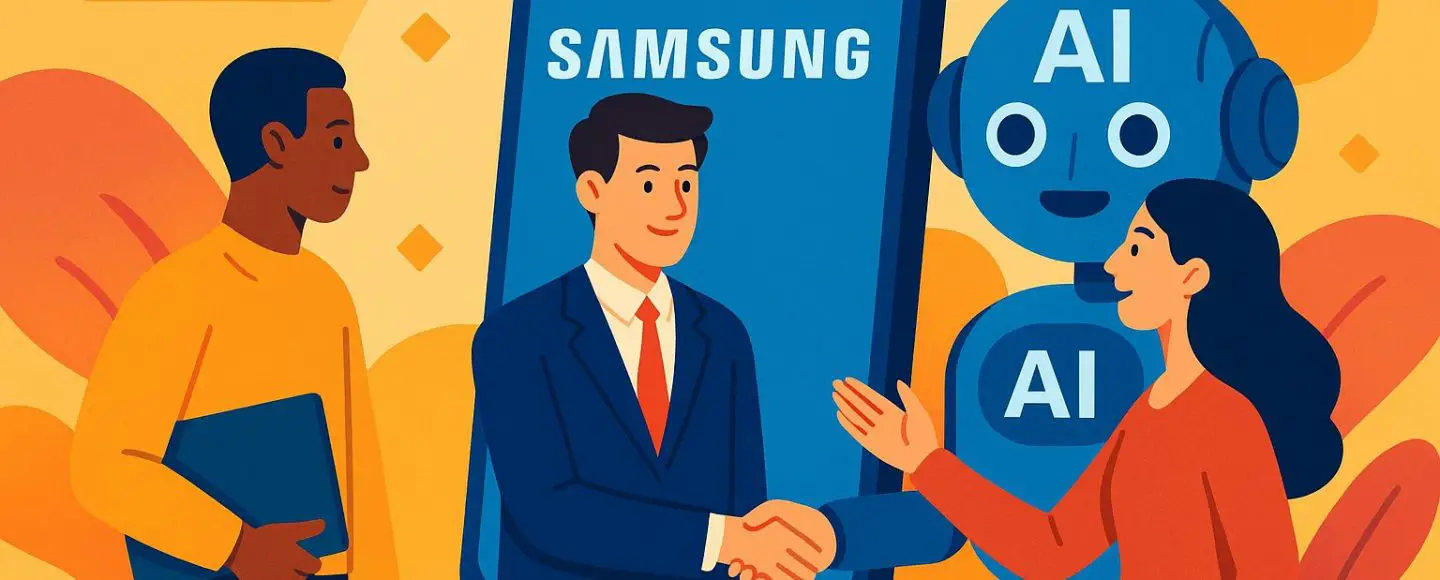
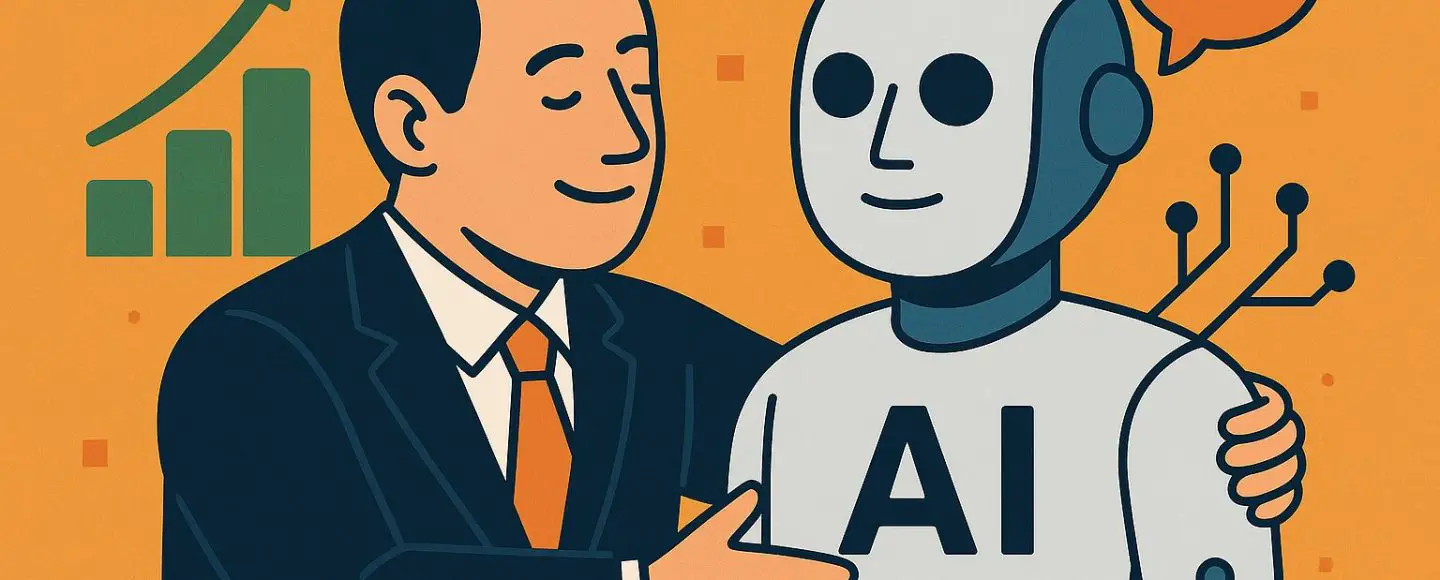



















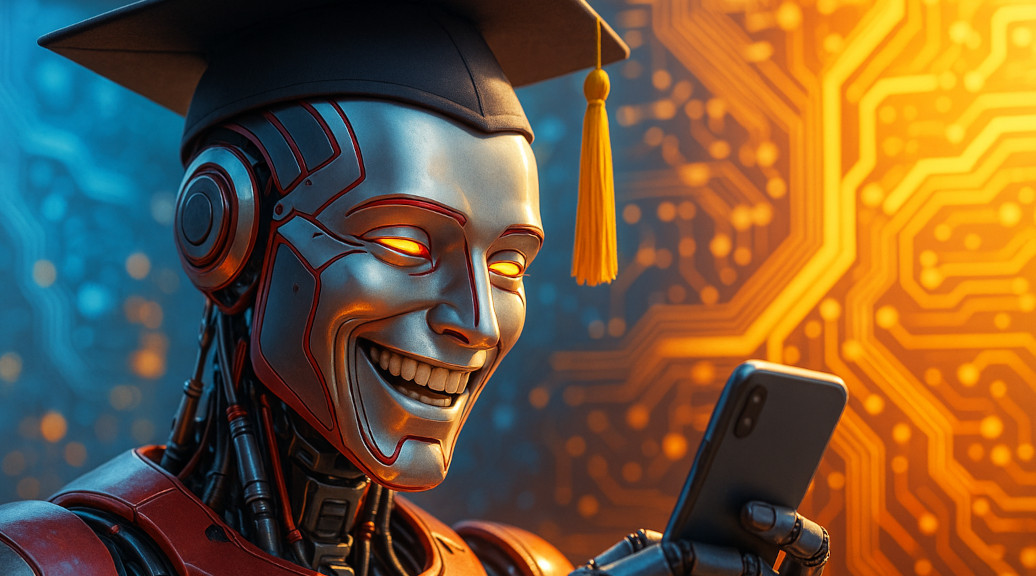


















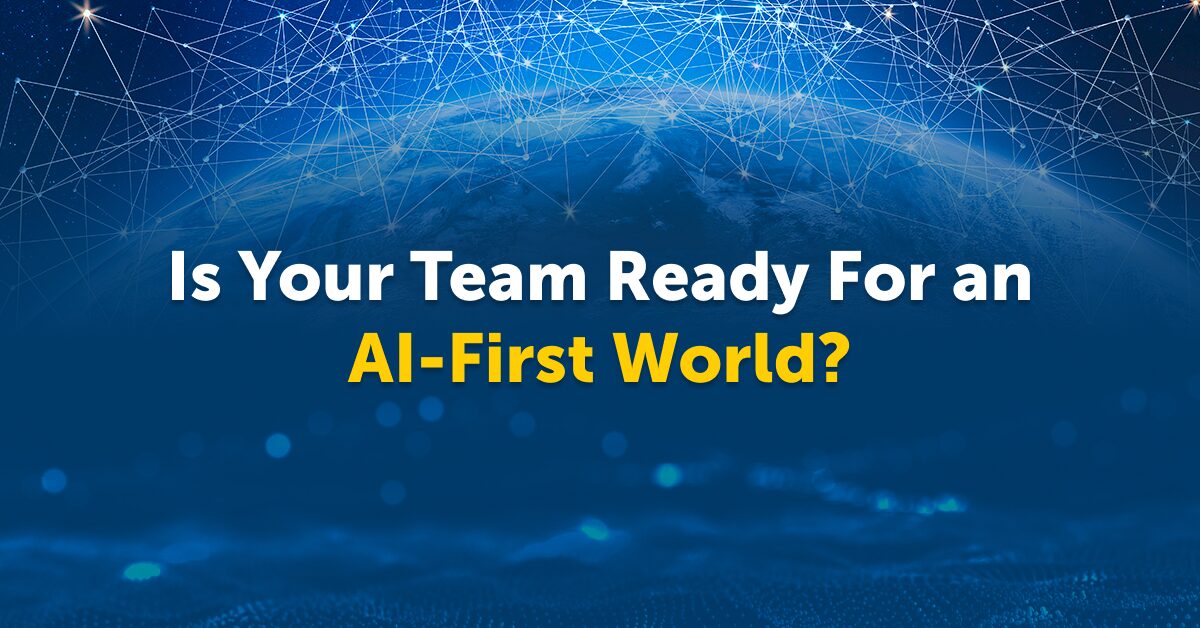







































































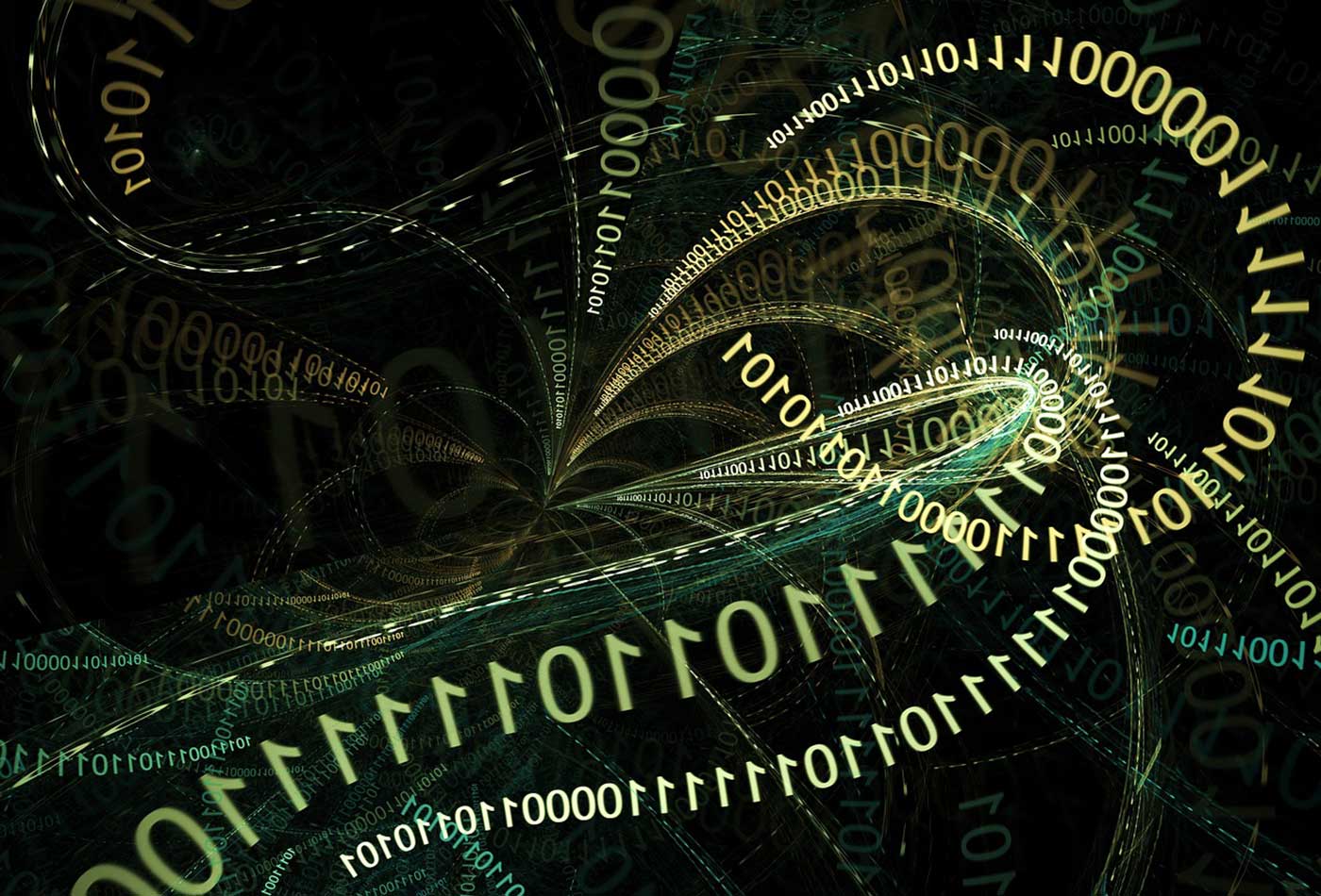


























































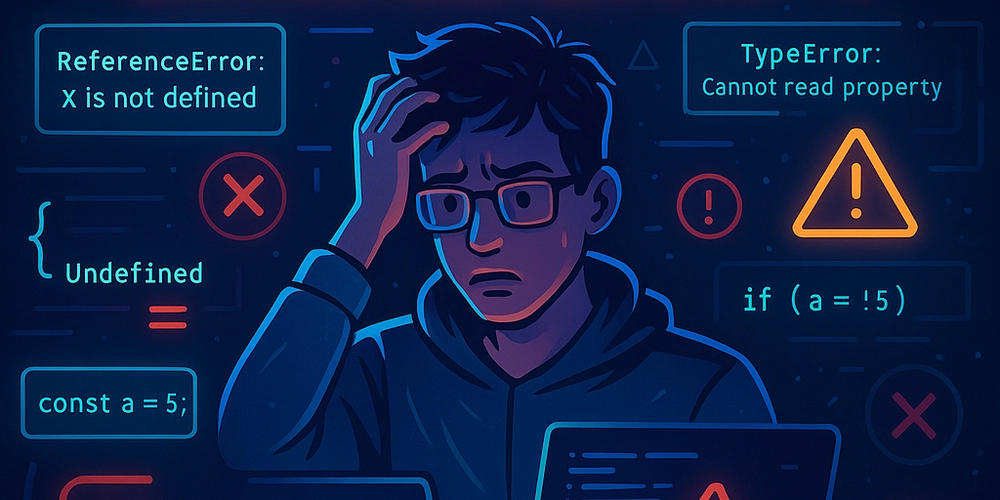


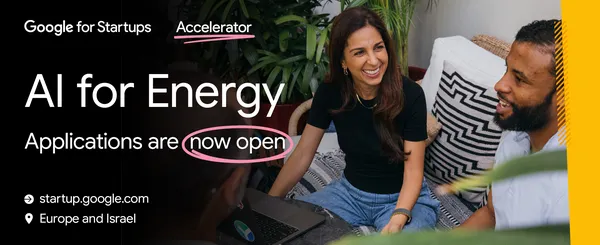



















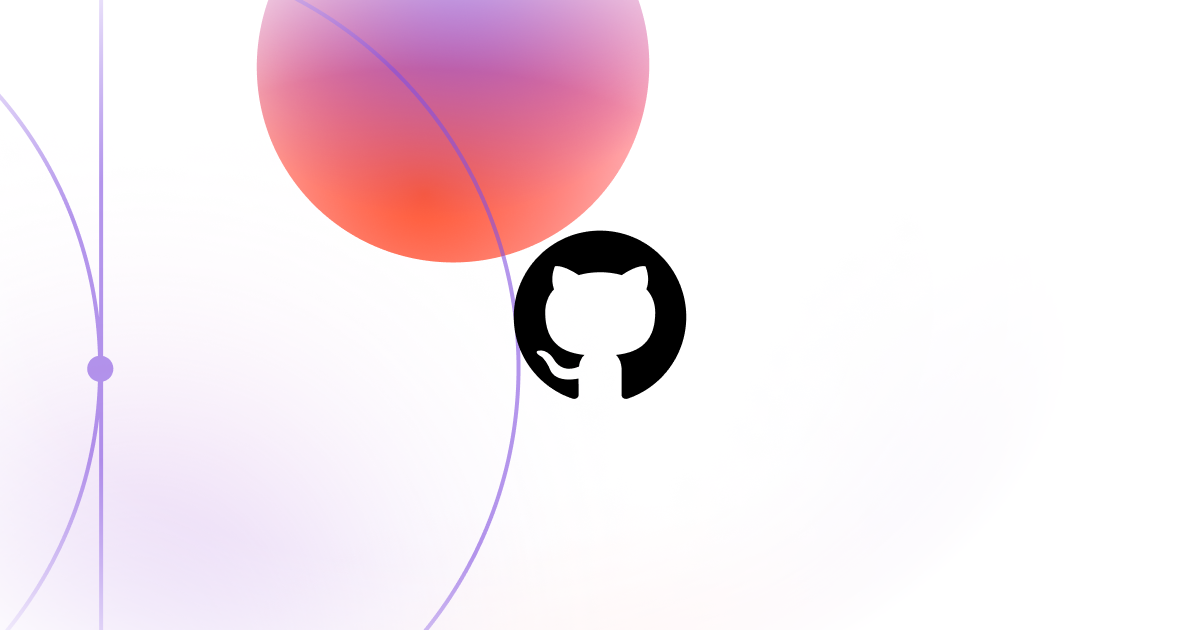





















![Ditching a Microsoft Job to Enter Startup Purgatory with Lonewolf Engineer Sam Crombie [Podcast #171]](https://cdn.hashnode.com/res/hashnode/image/upload/v1746753508177/0cd57f66-fdb0-4972-b285-1443a7db39fc.png?#)





![[DEALS] Internxt Cloud Storage Lifetime Subscription: 10TB Plan (88% off) & Other Deals Up To 98% Off – Offers End Soon!](https://www.javacodegeeks.com/wp-content/uploads/2012/12/jcg-logo.jpg)











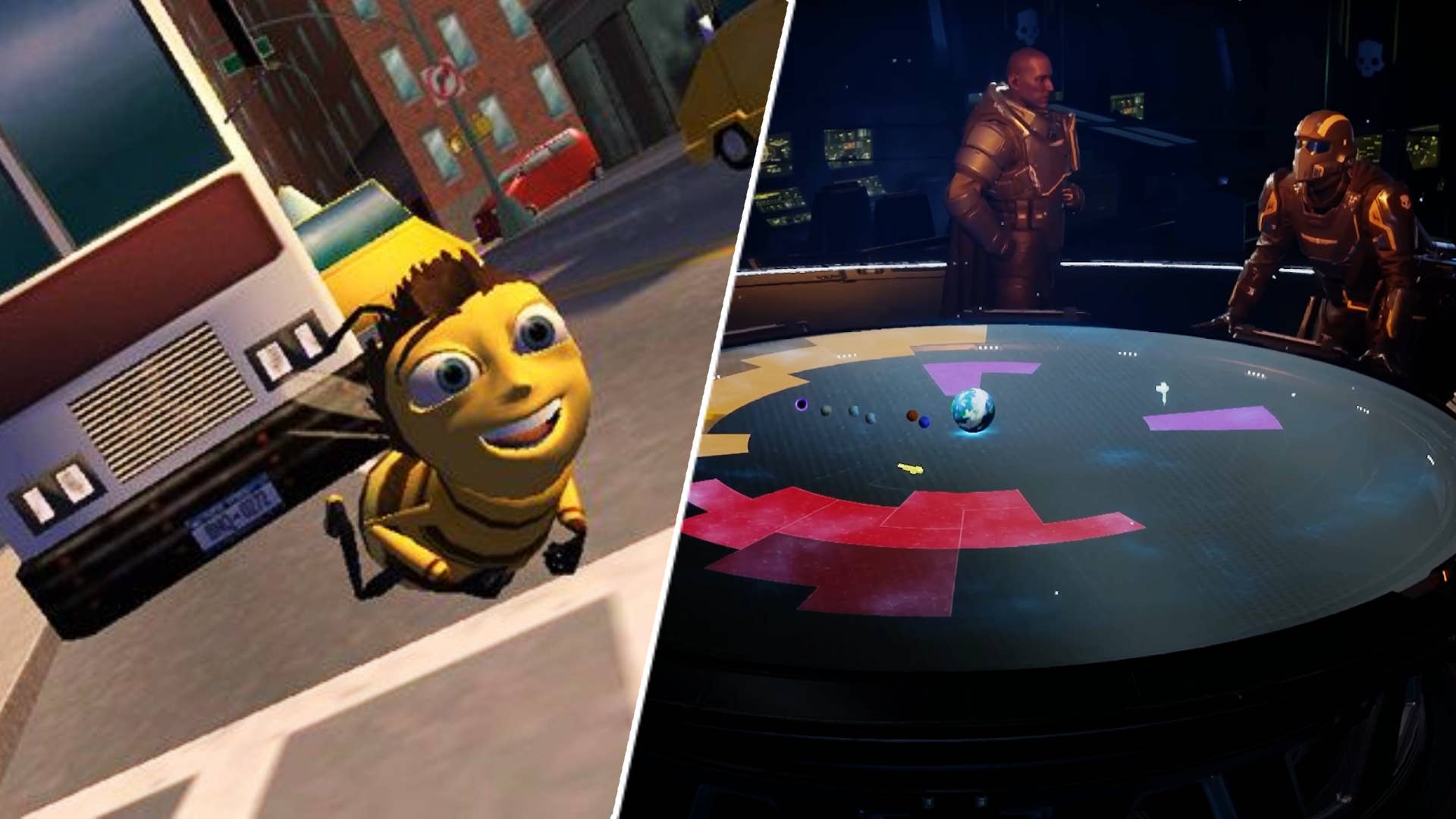









-Tony-Hawk's™-Pro-Skater™-3-+-4-Reveal-Trailer-00-00-27.png?width=1920&height=1920&fit=bounds&quality=70&format=jpg&auto=webp#)

.png?width=1920&height=1920&fit=bounds&quality=70&format=jpg&auto=webp#)
